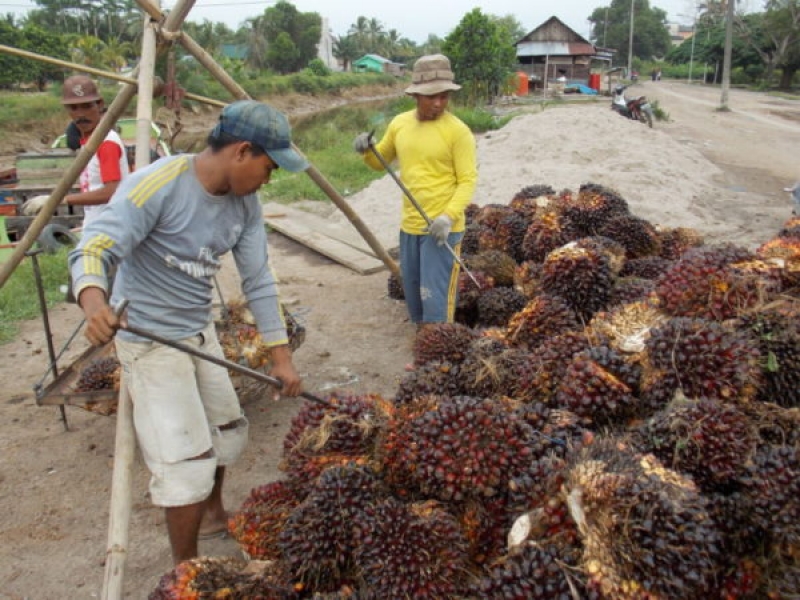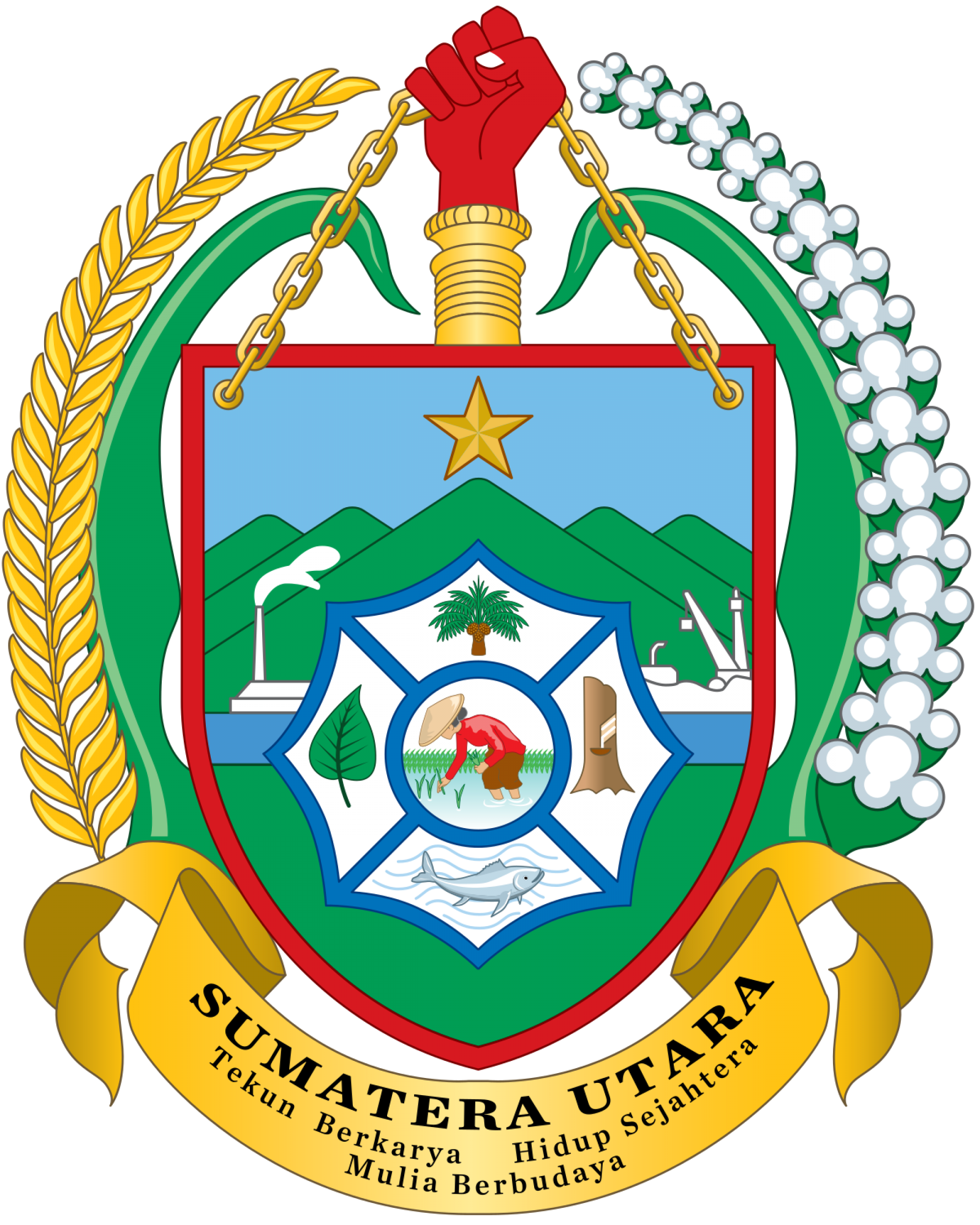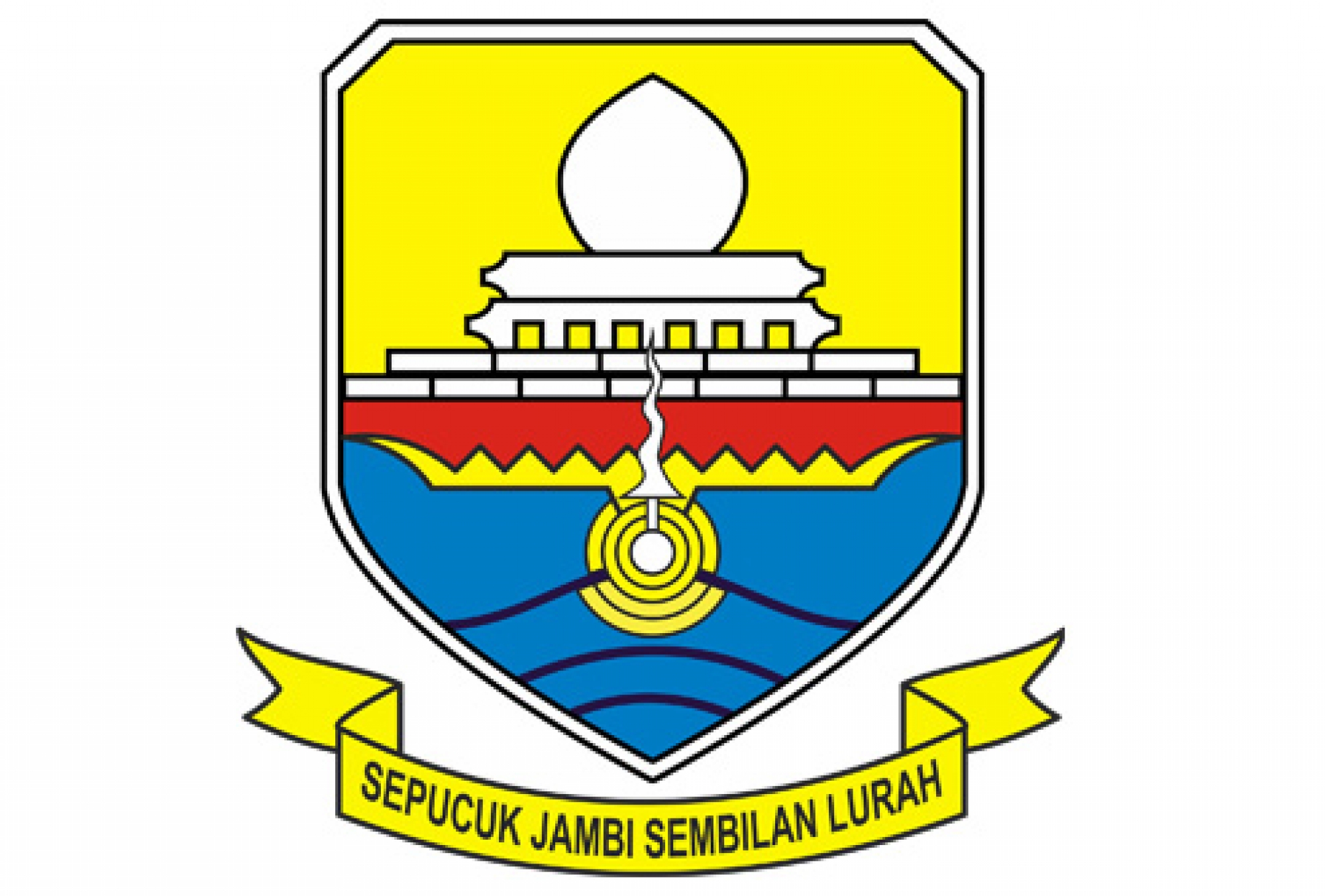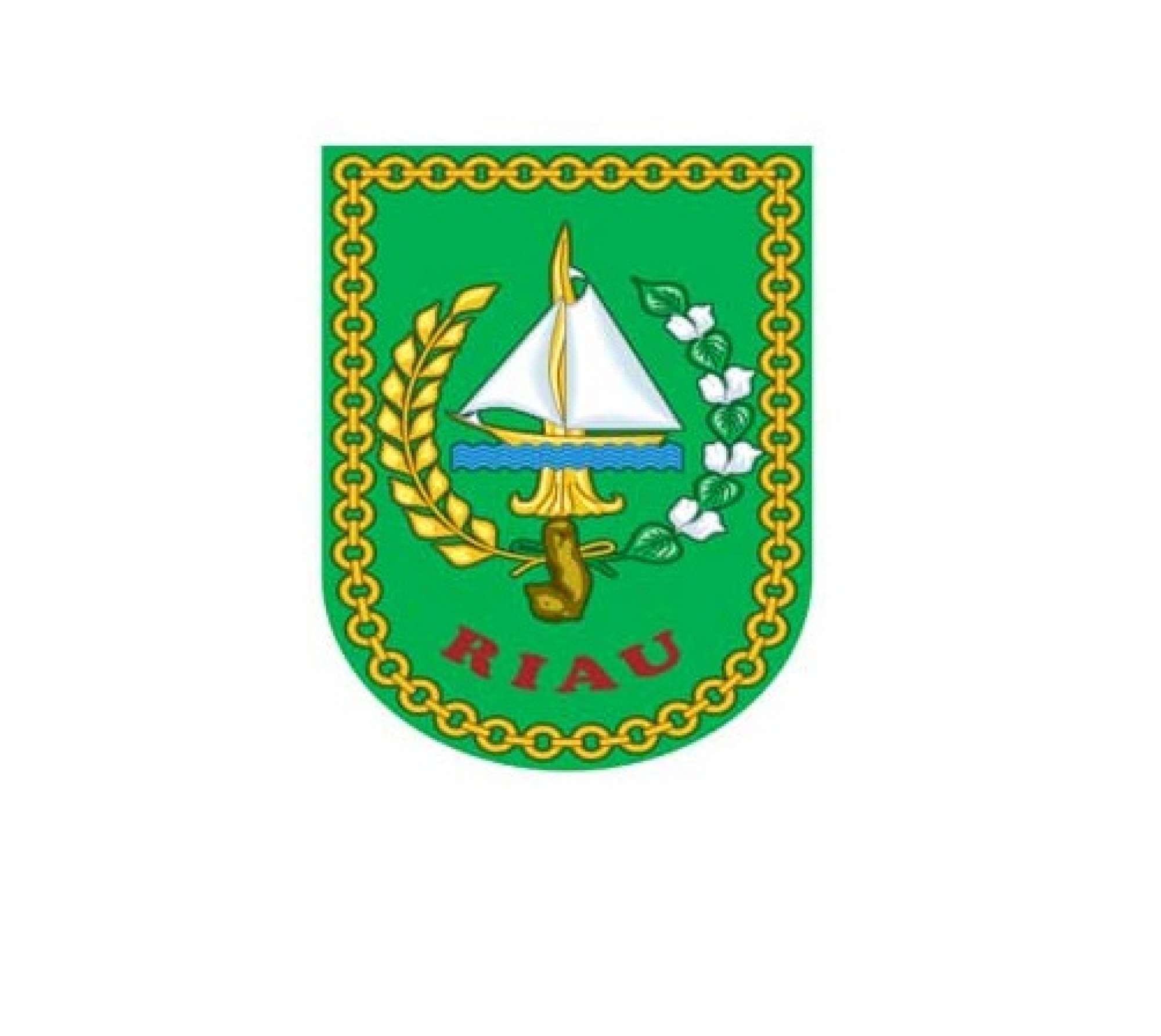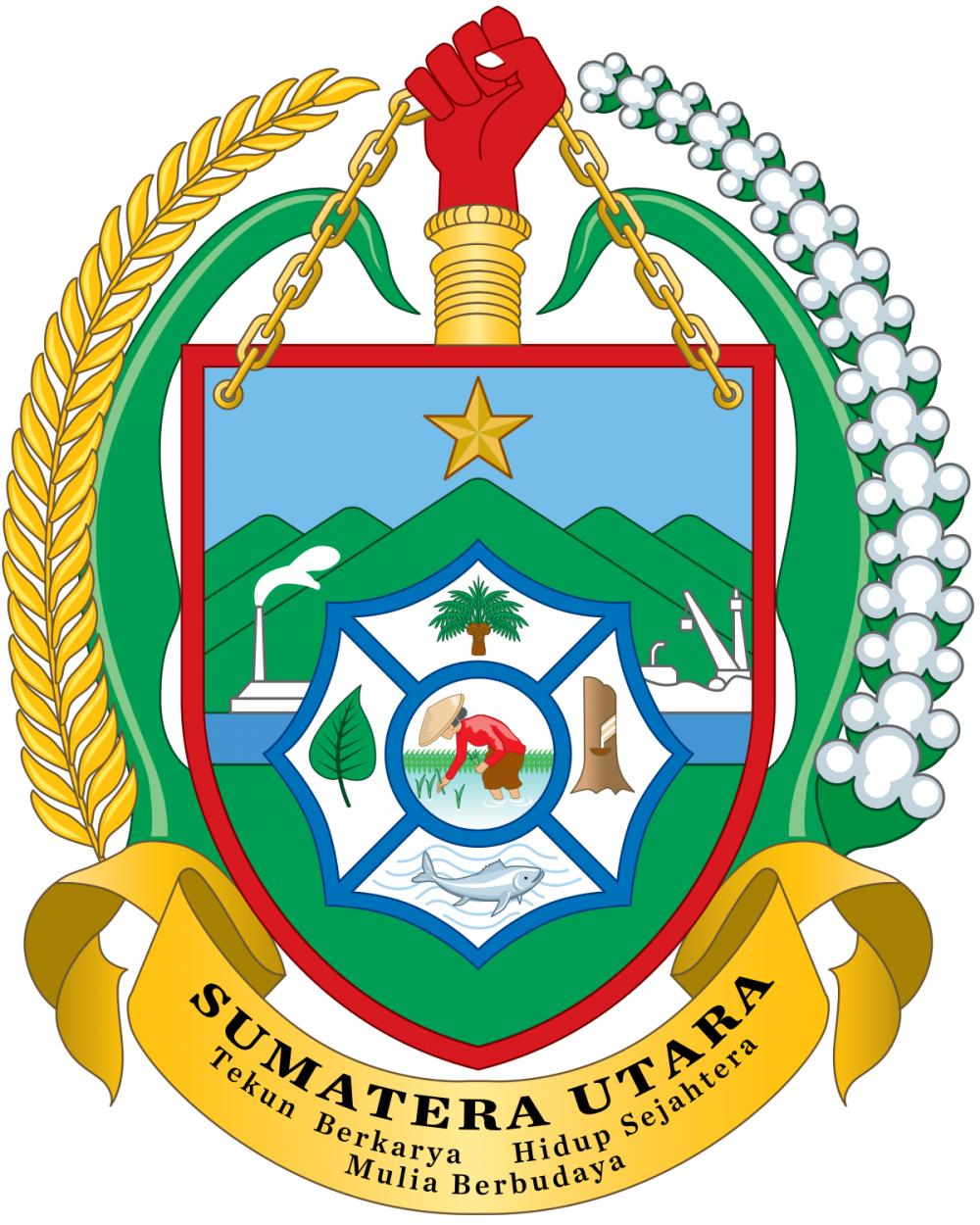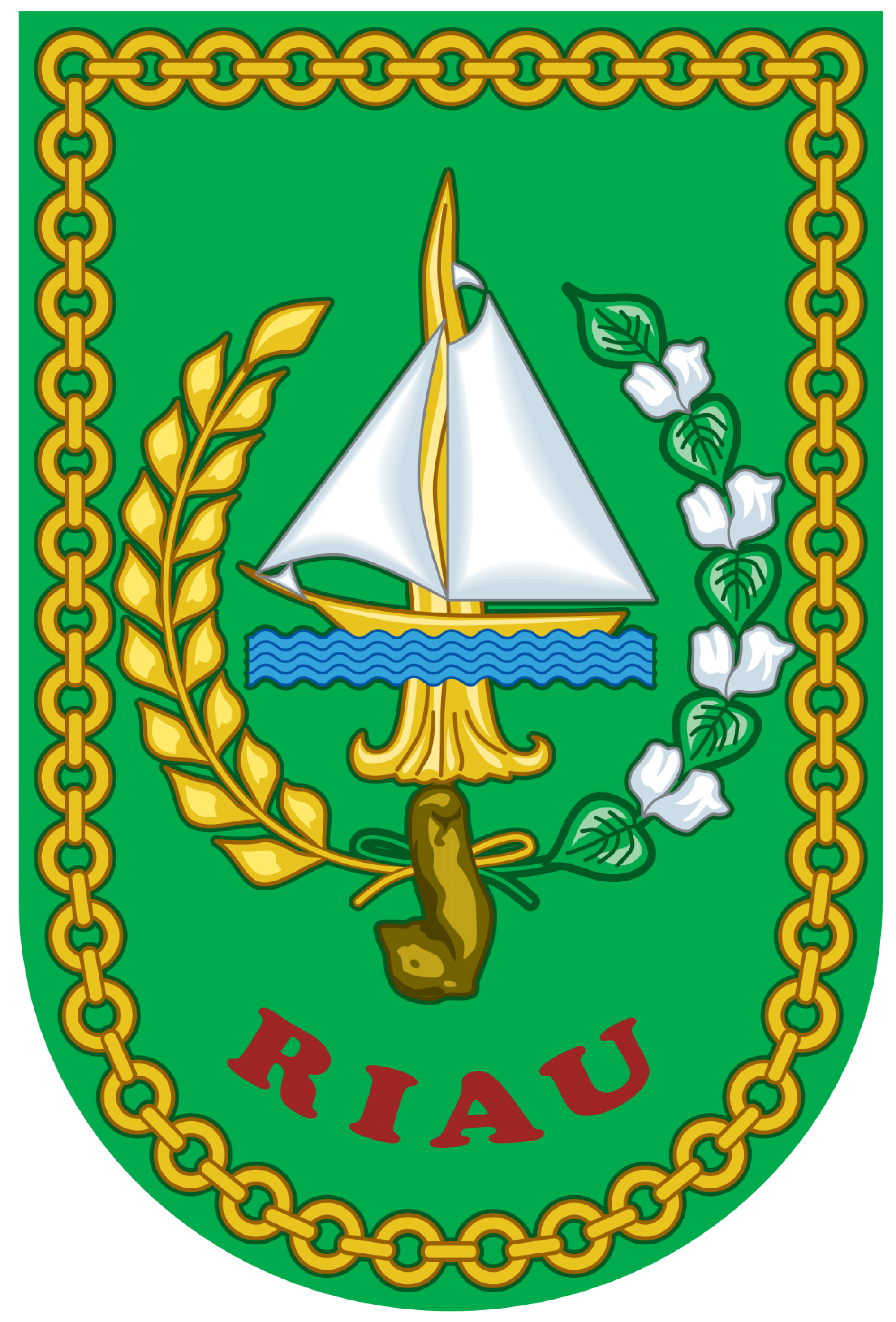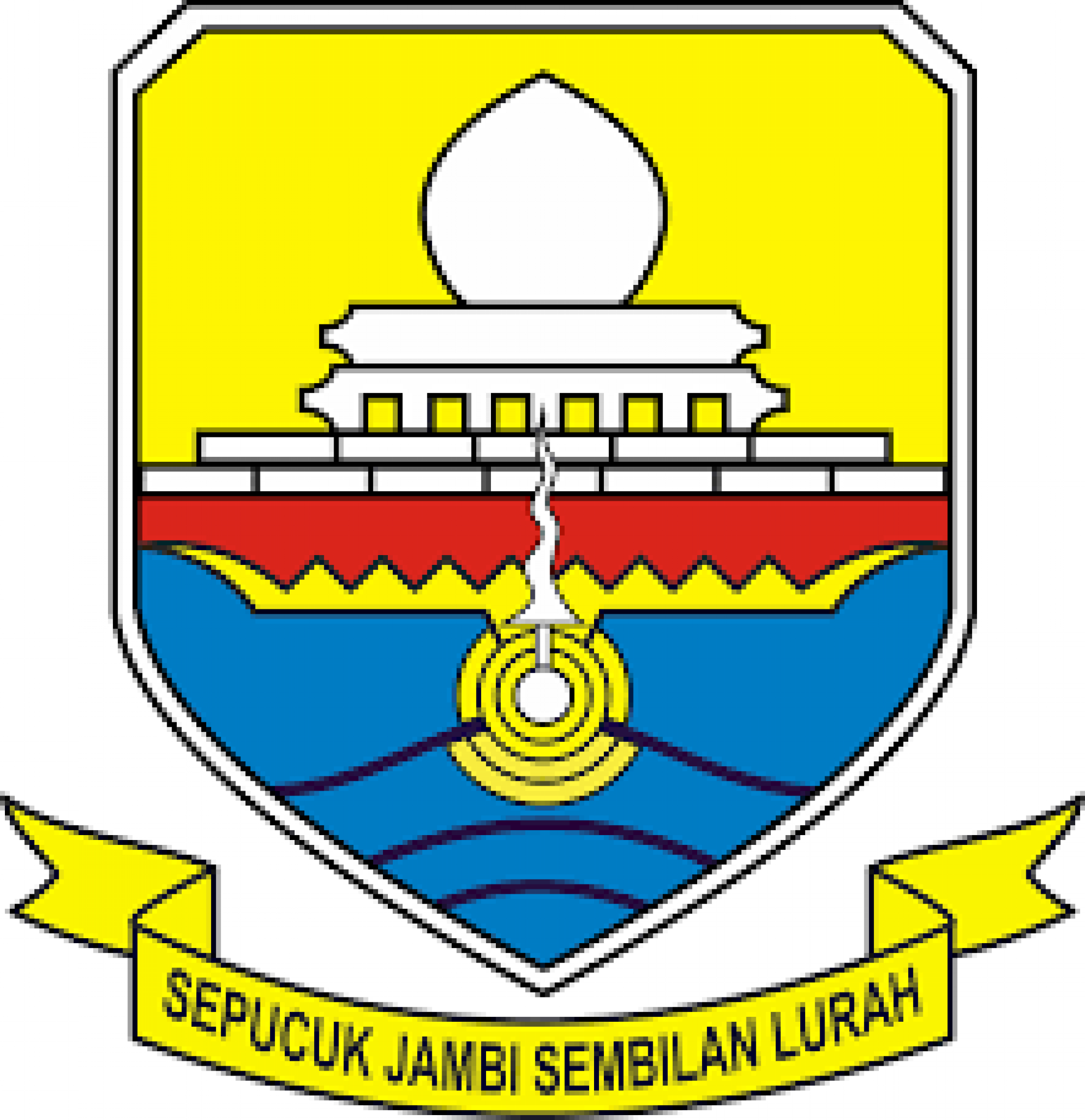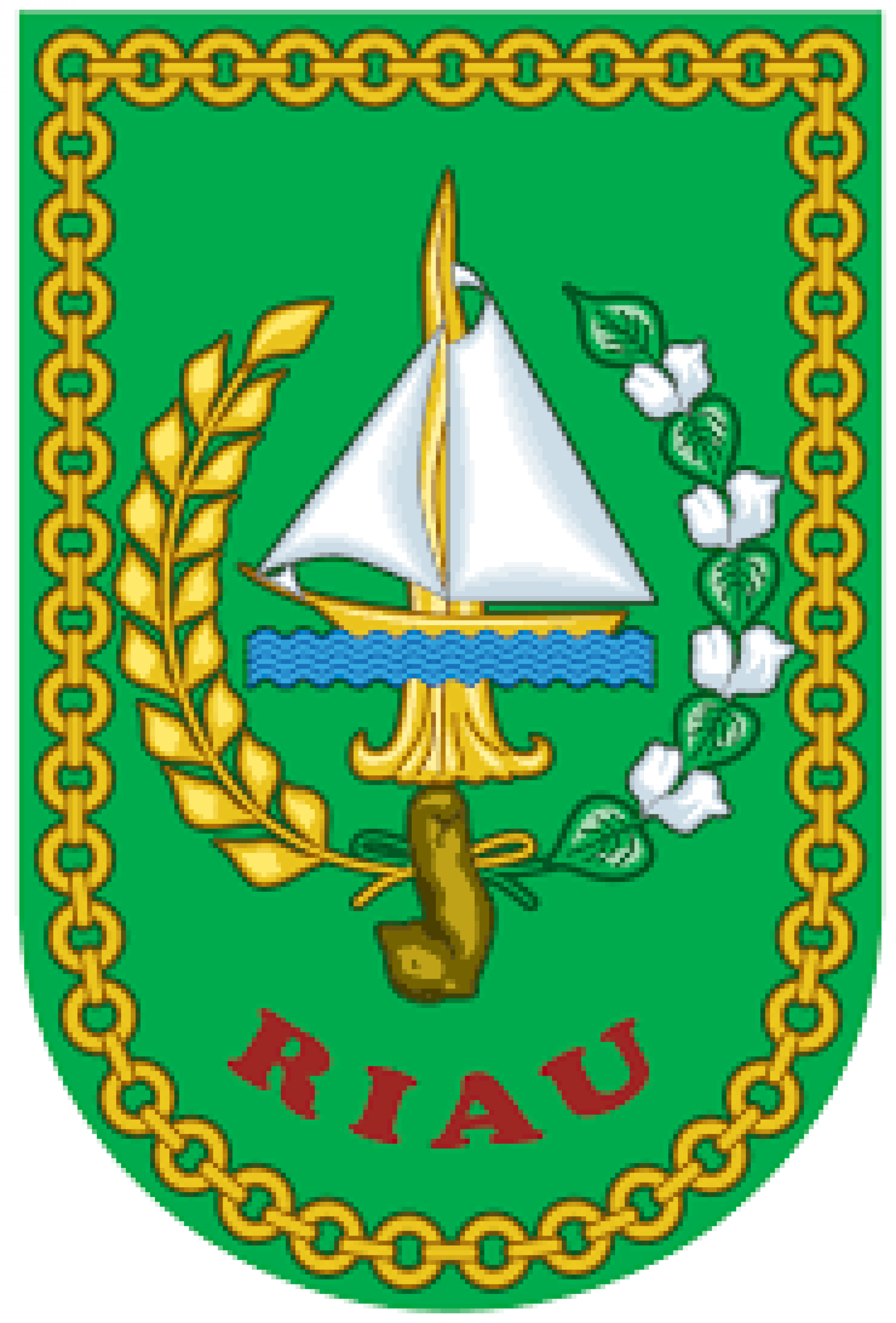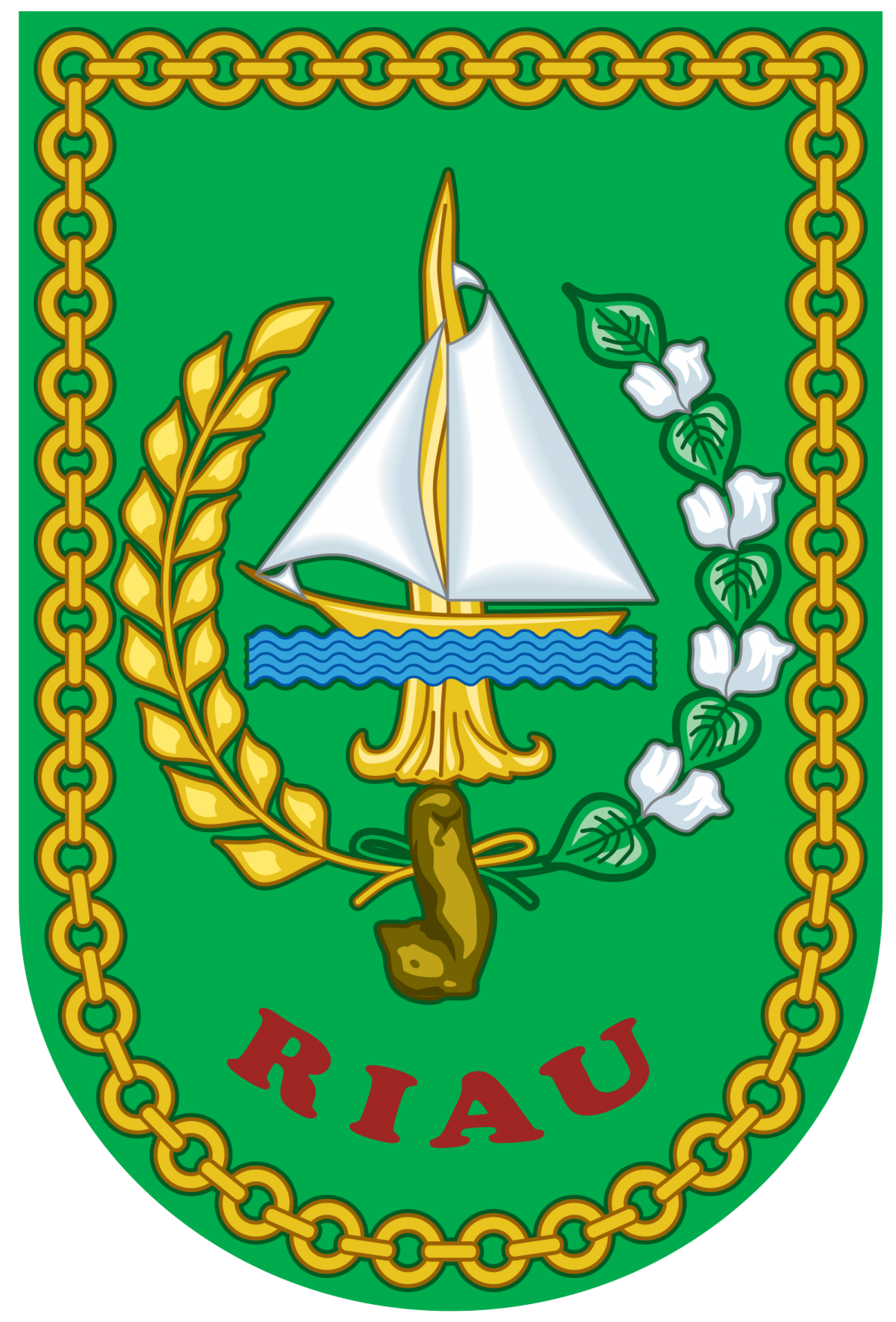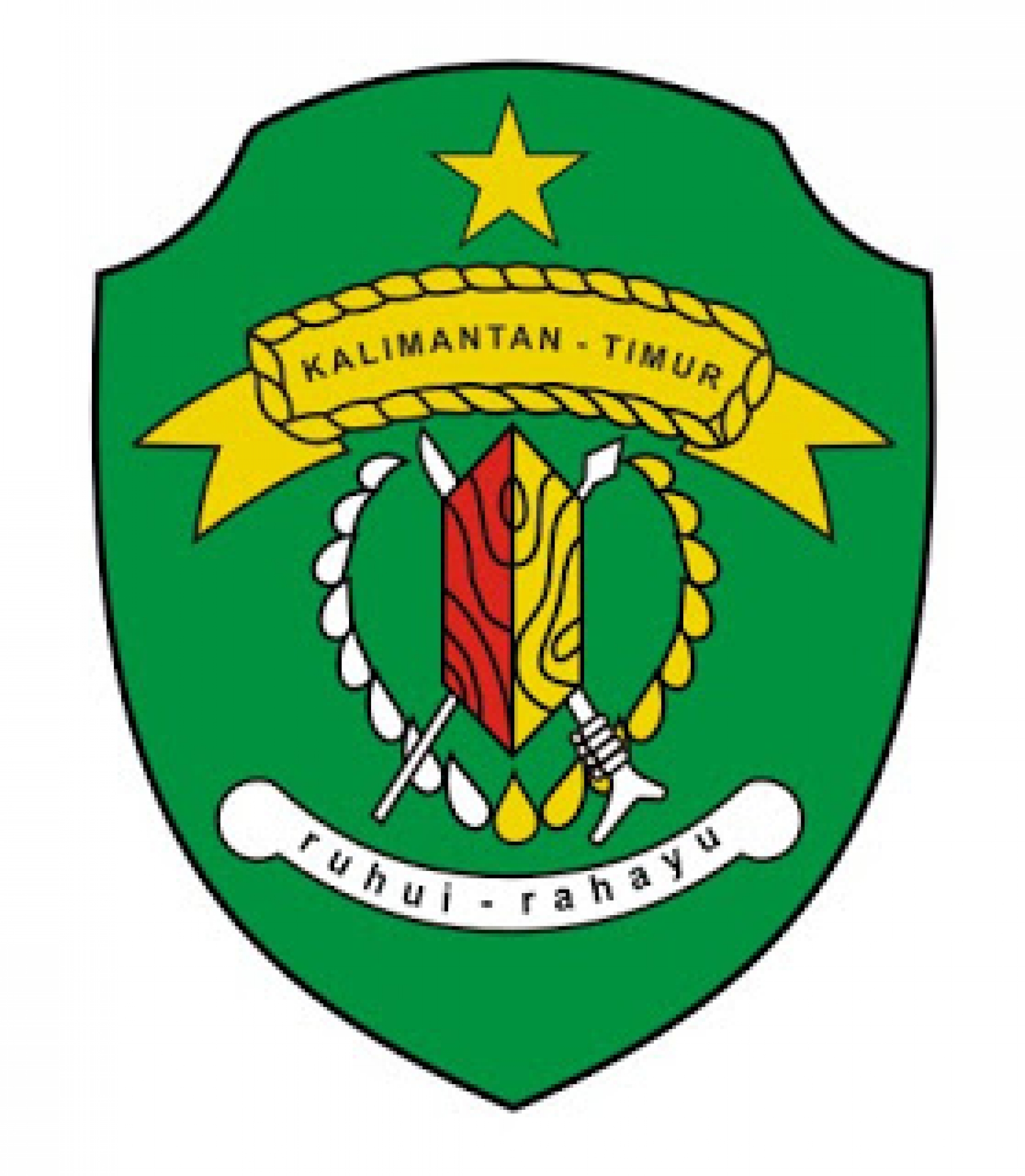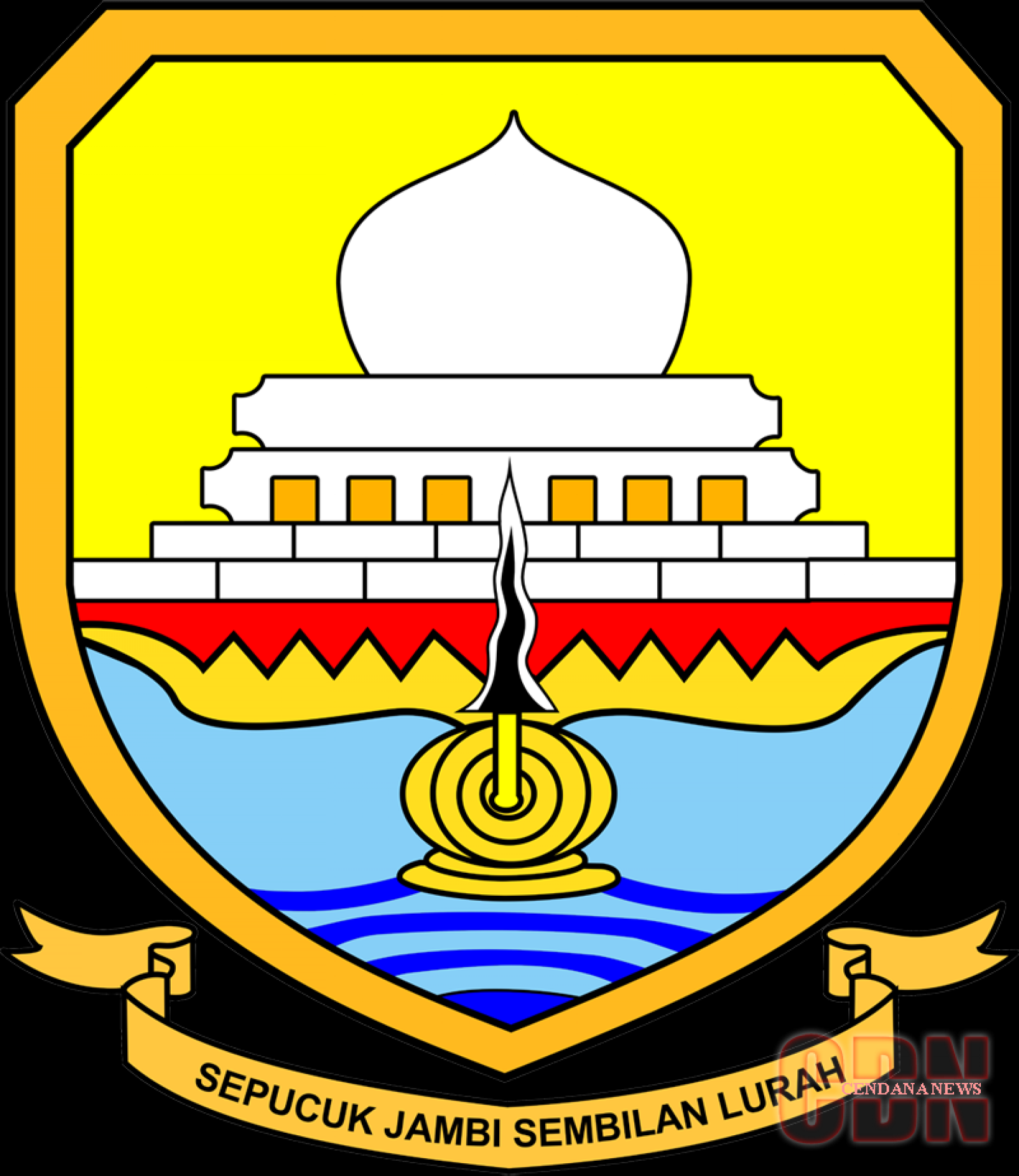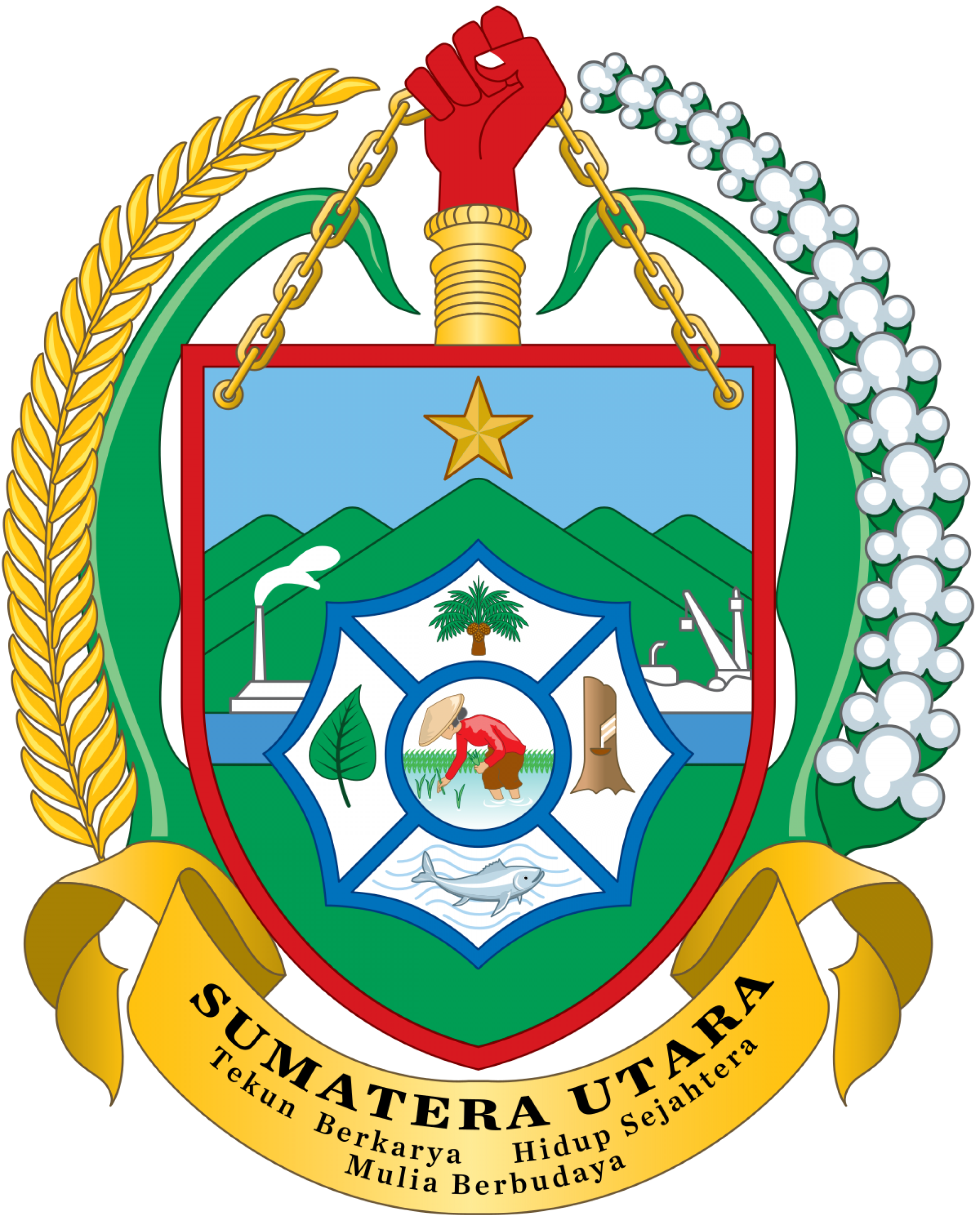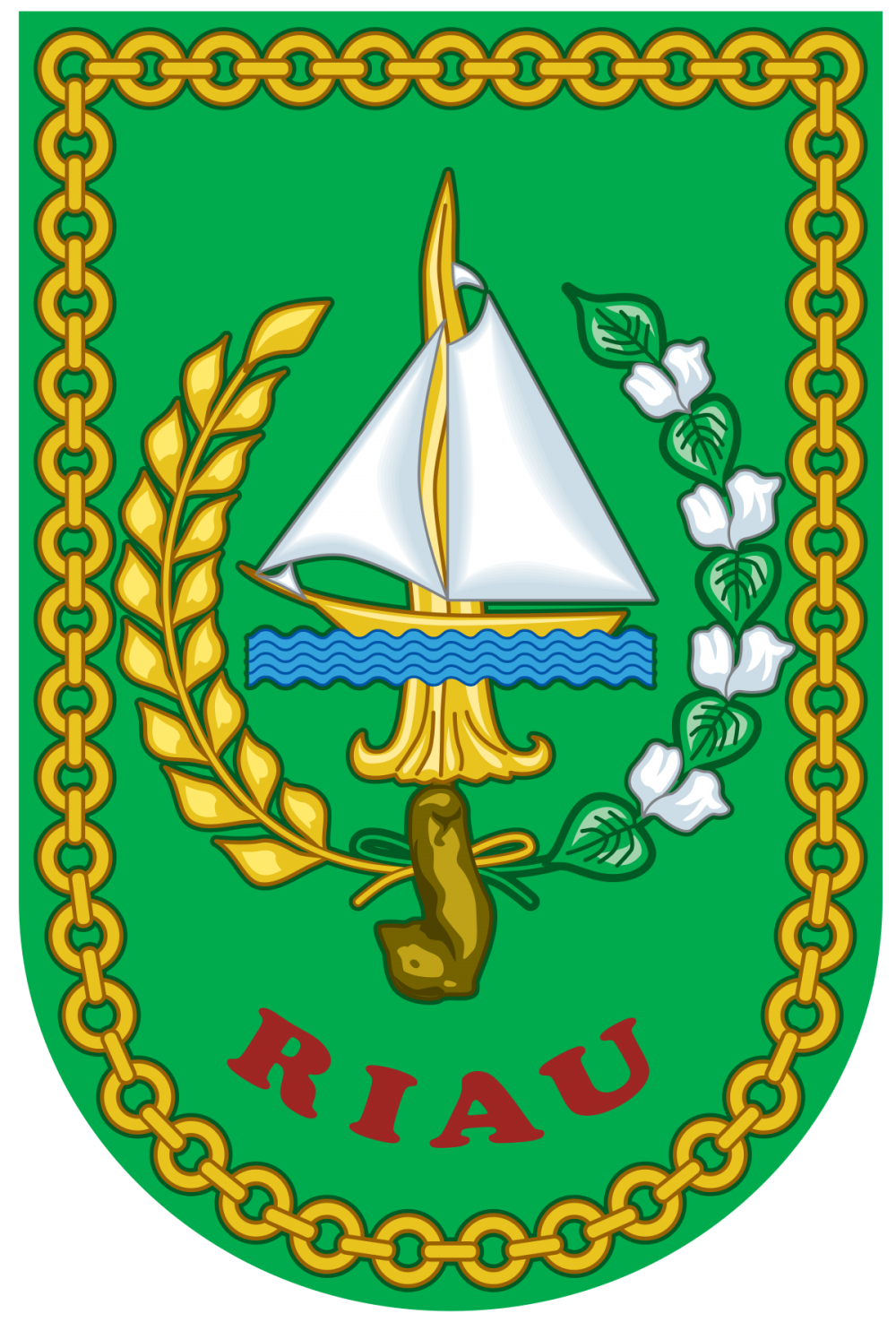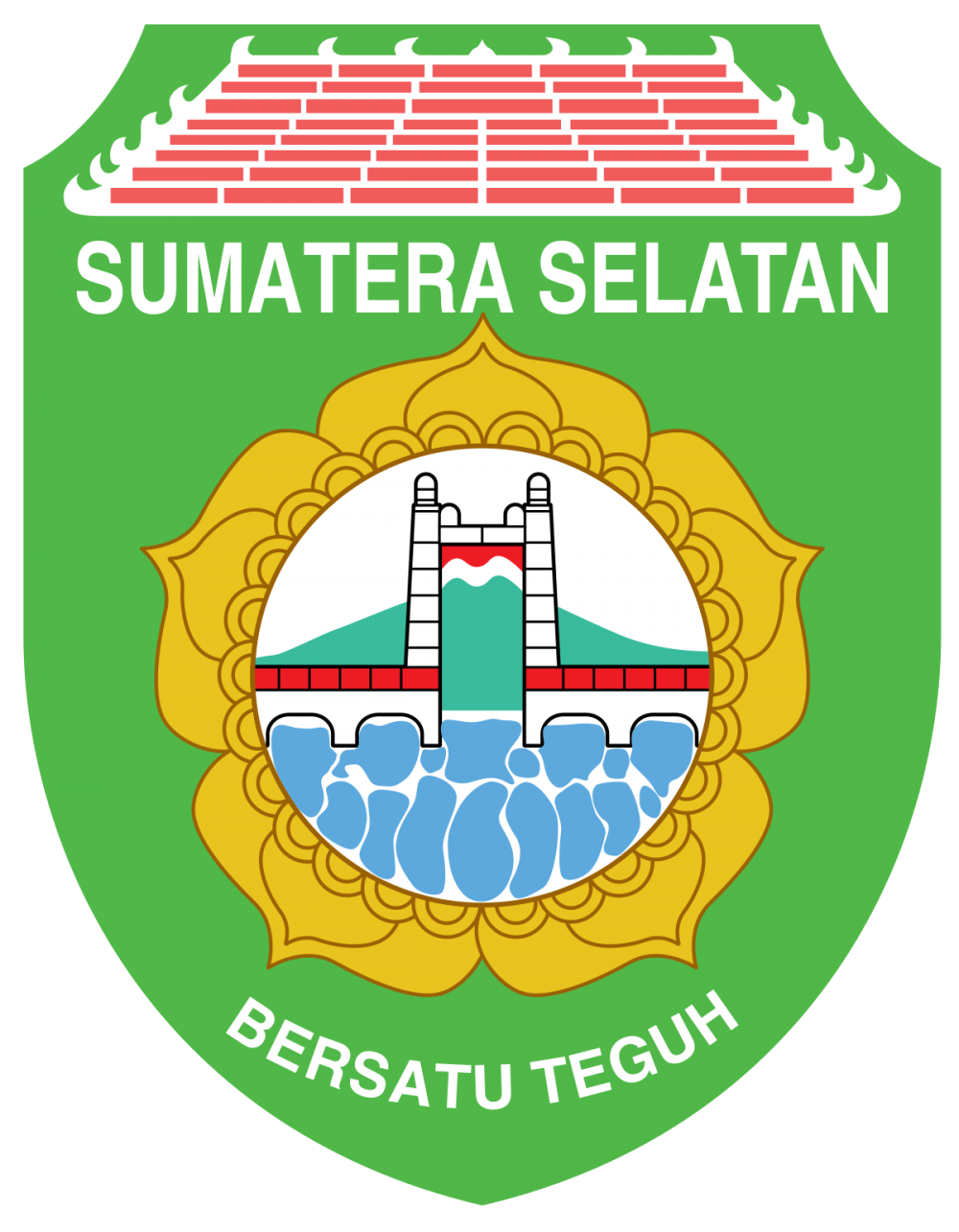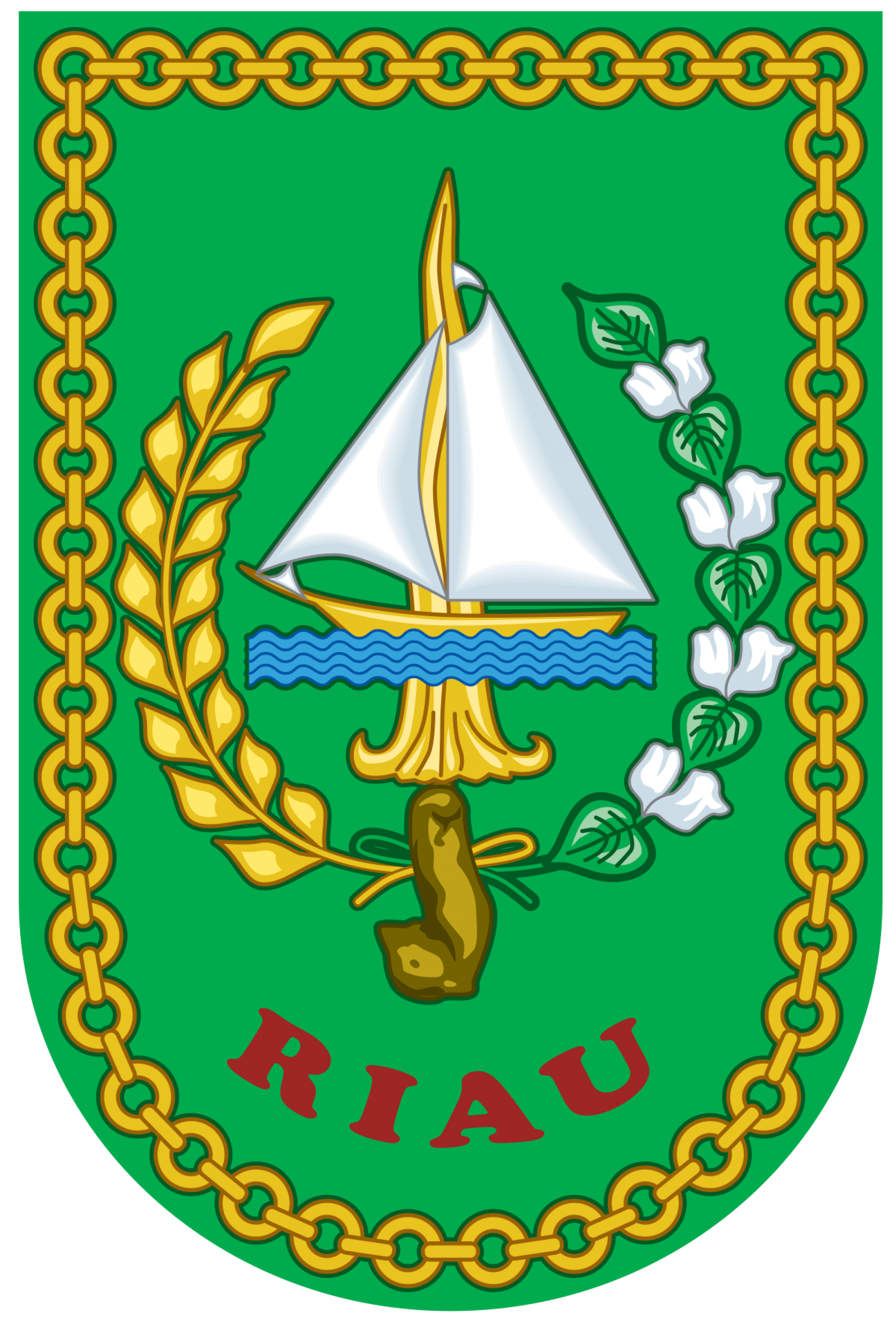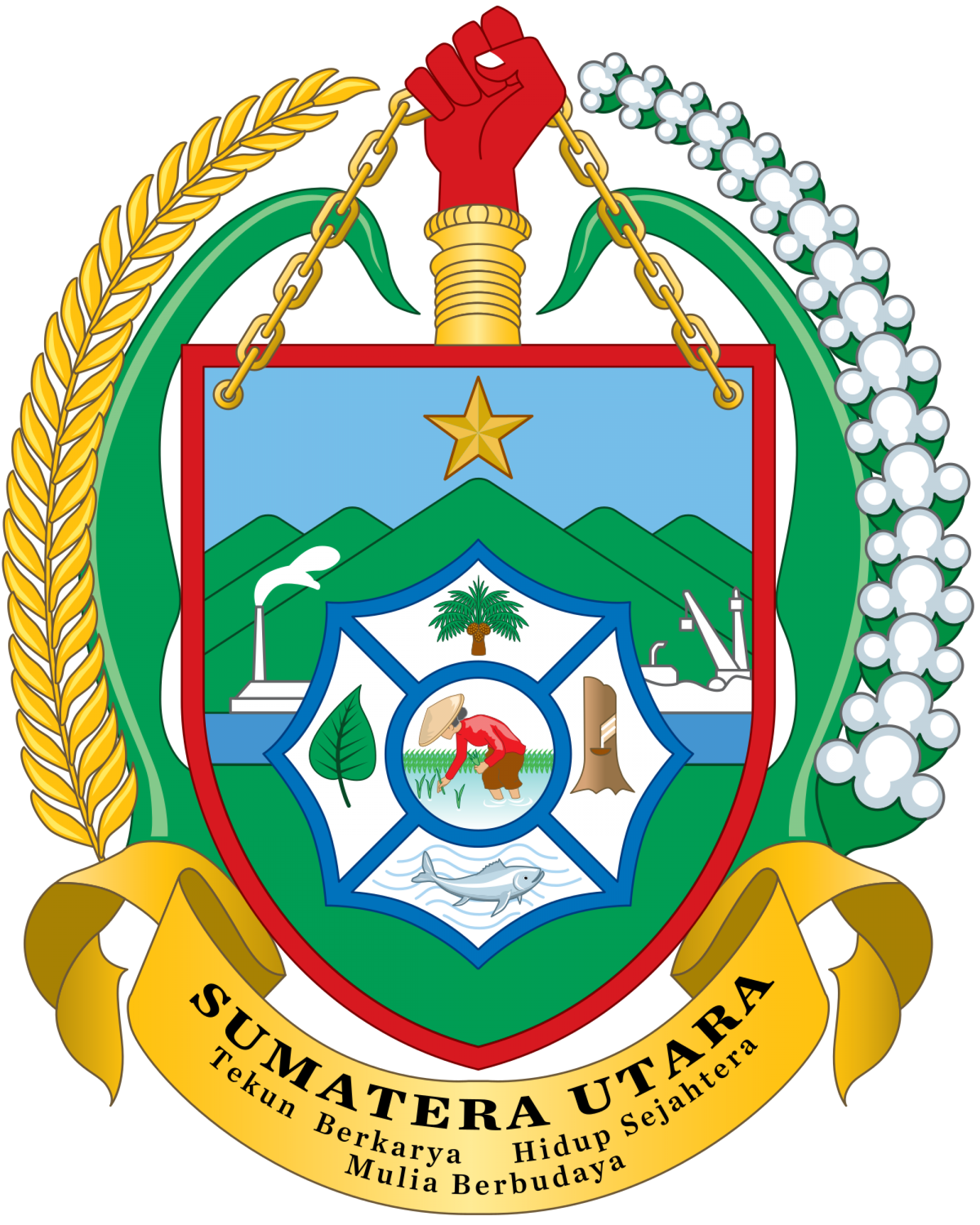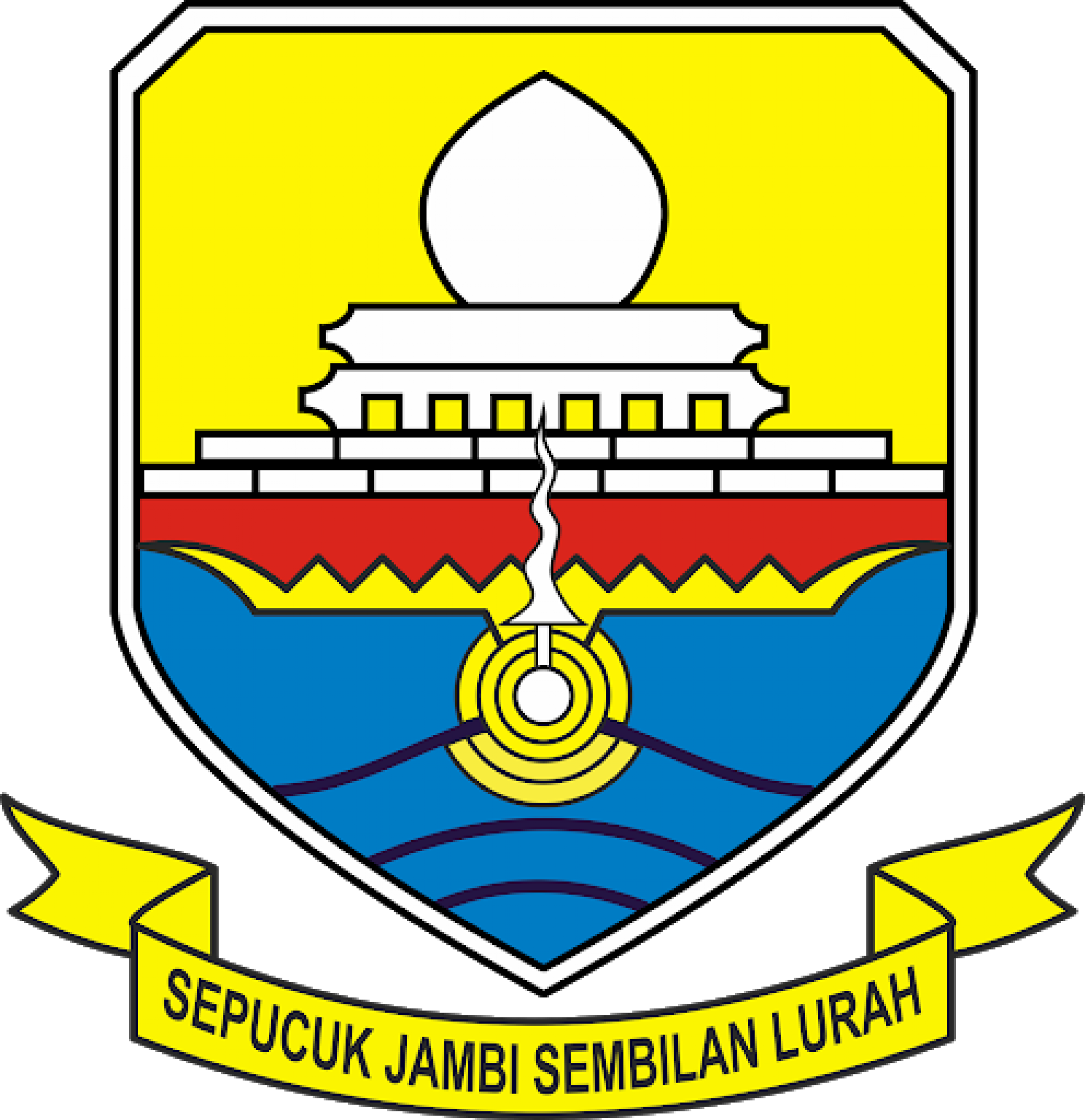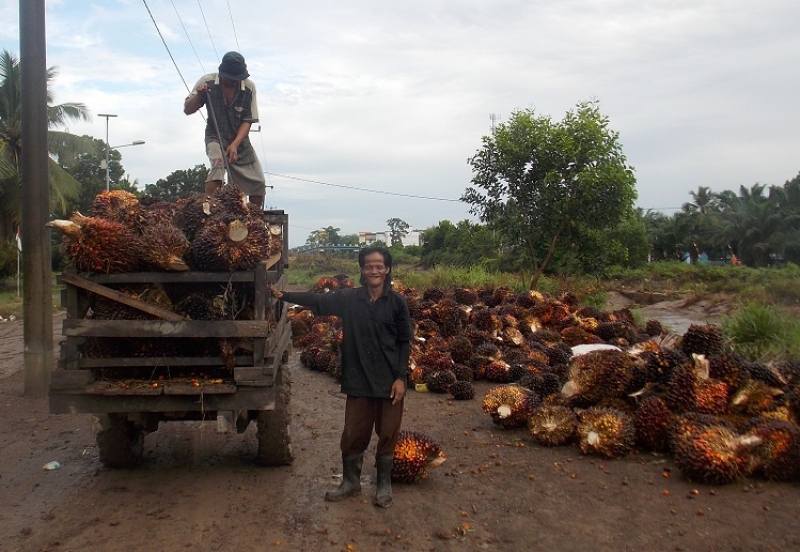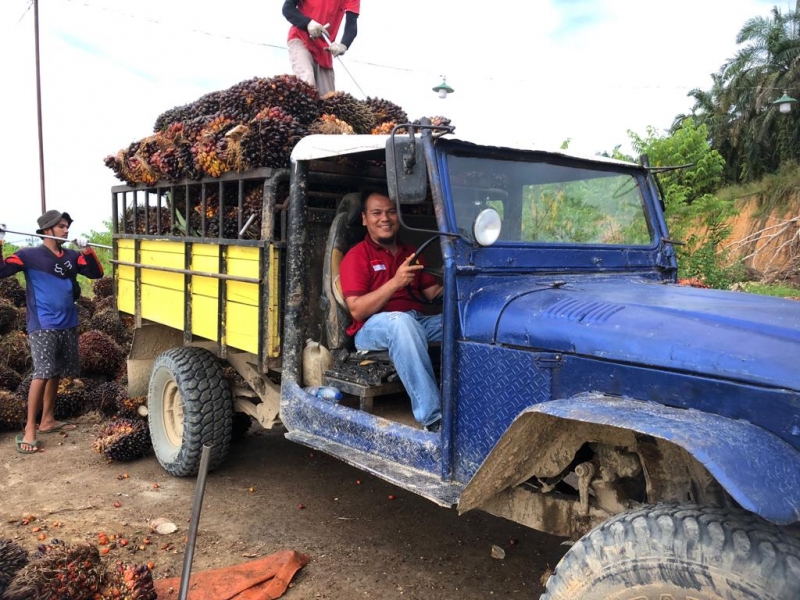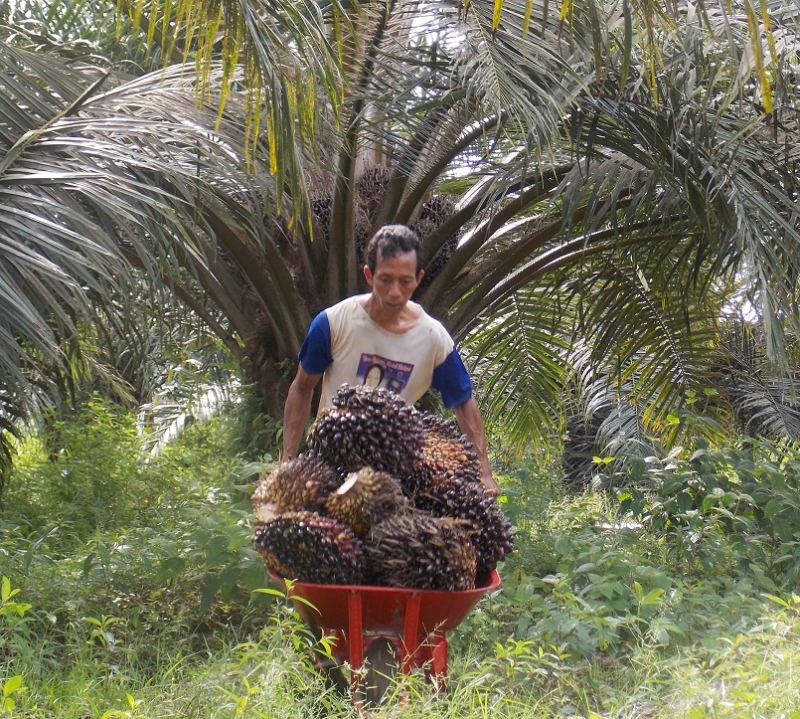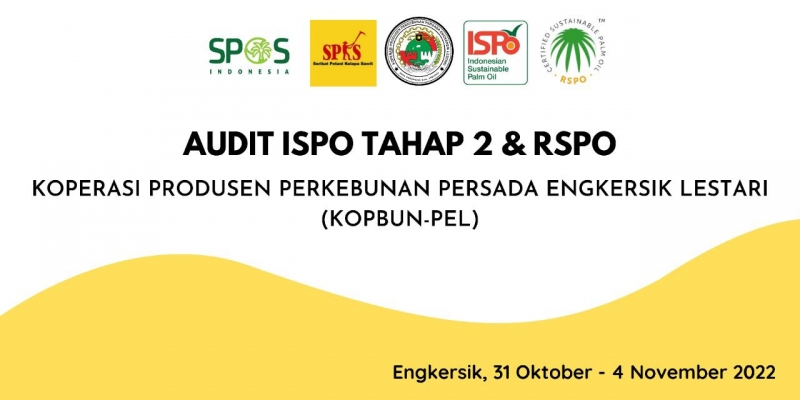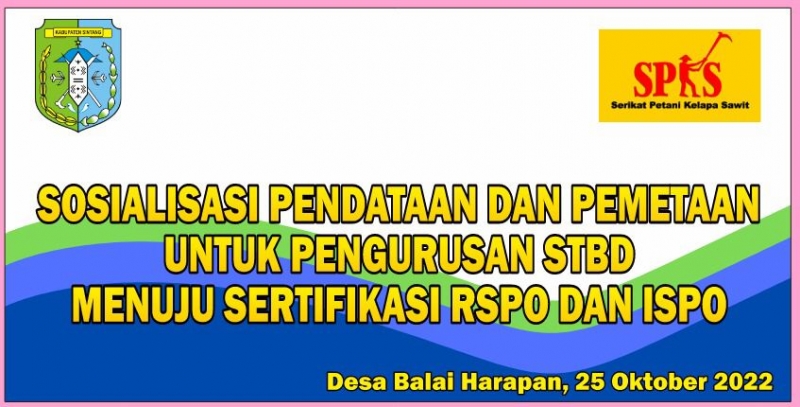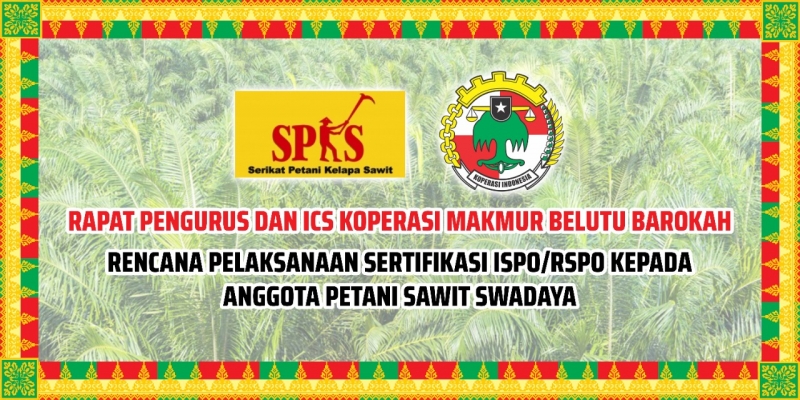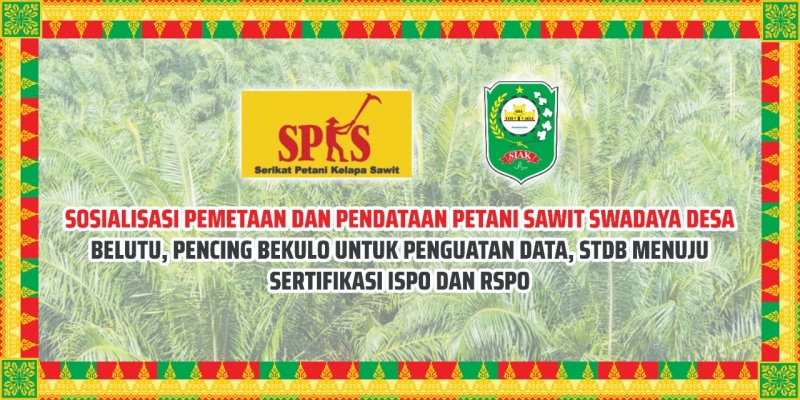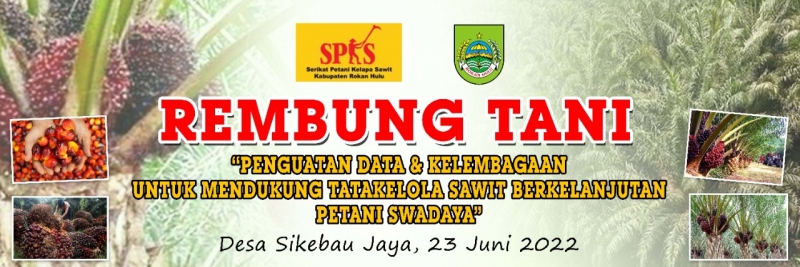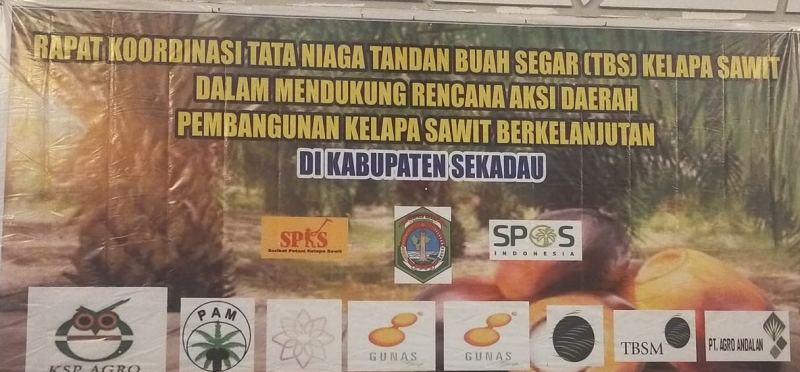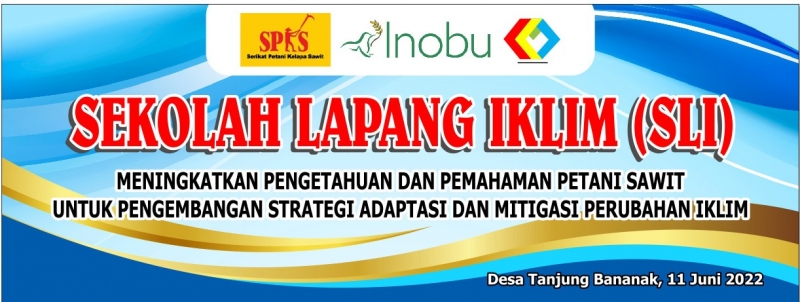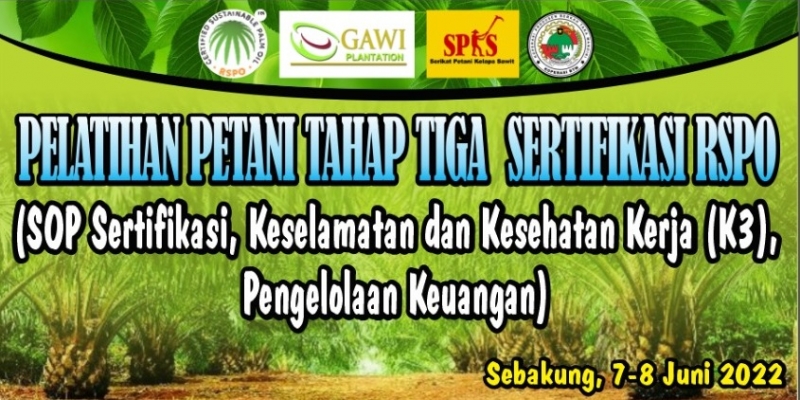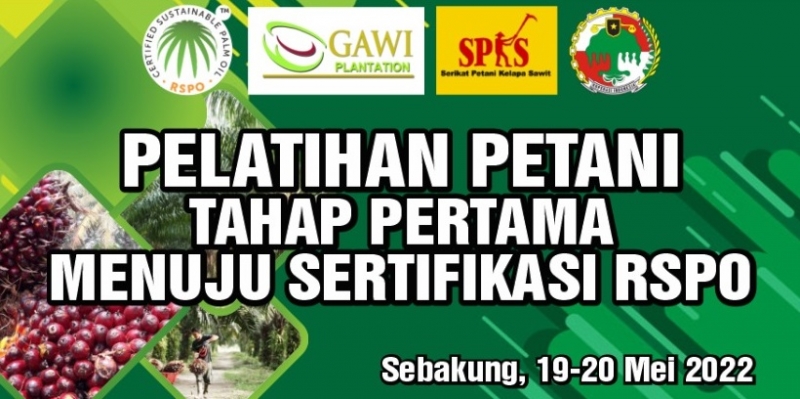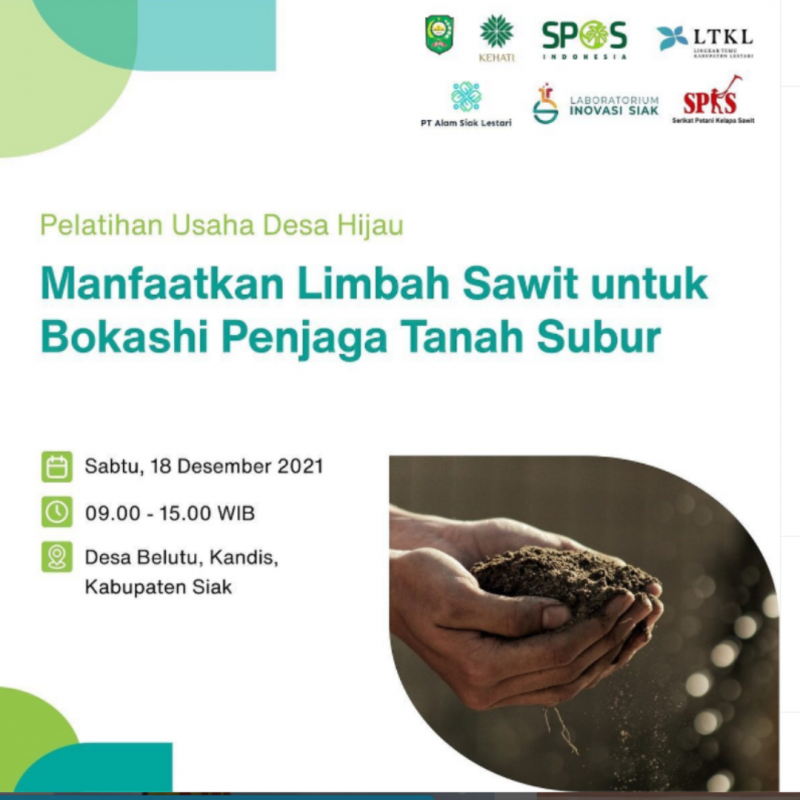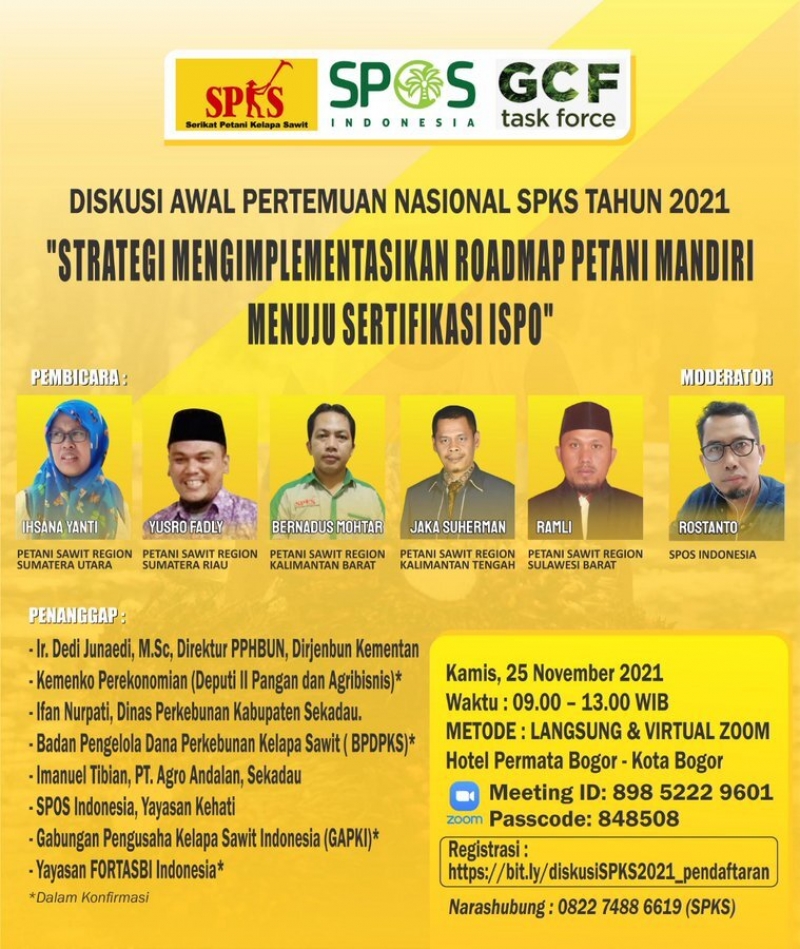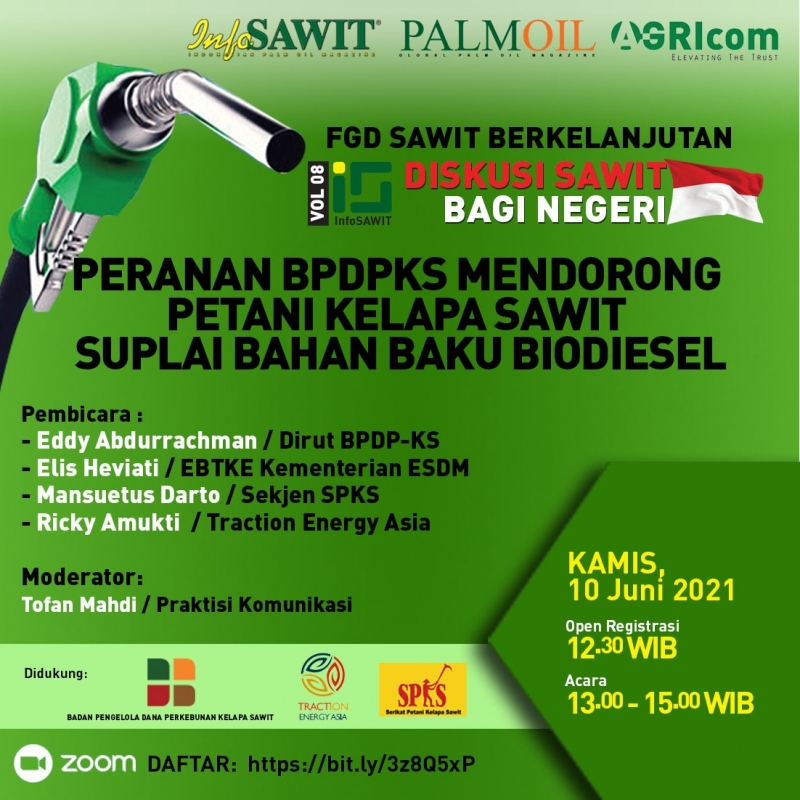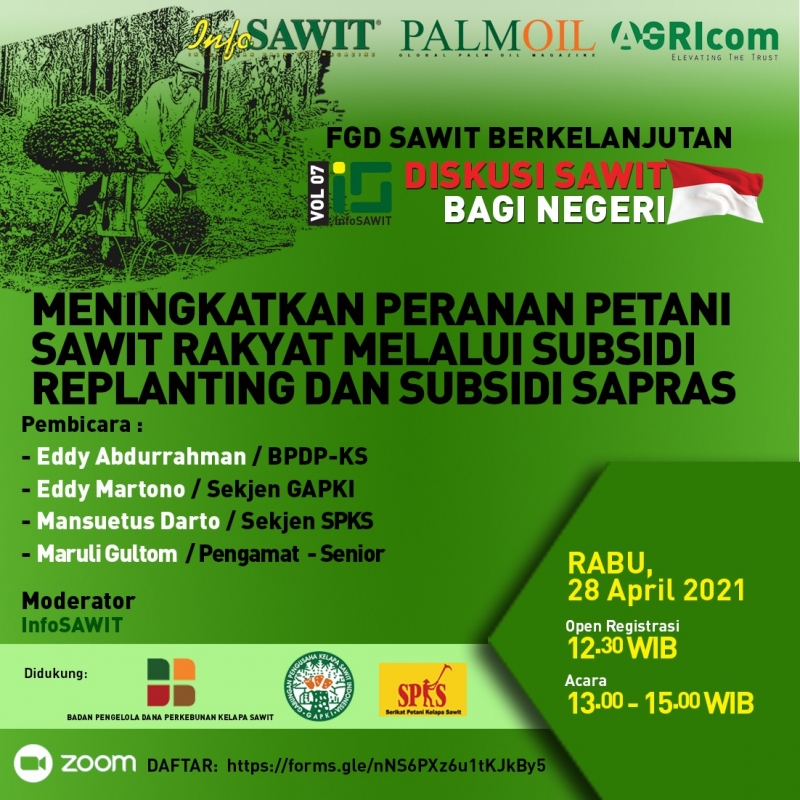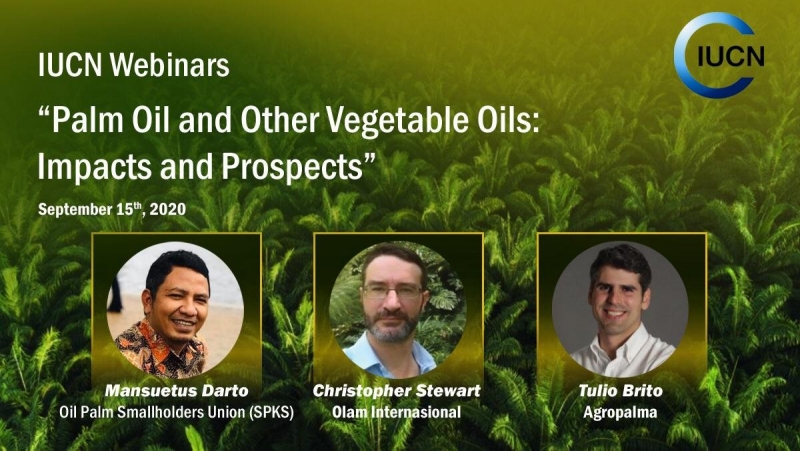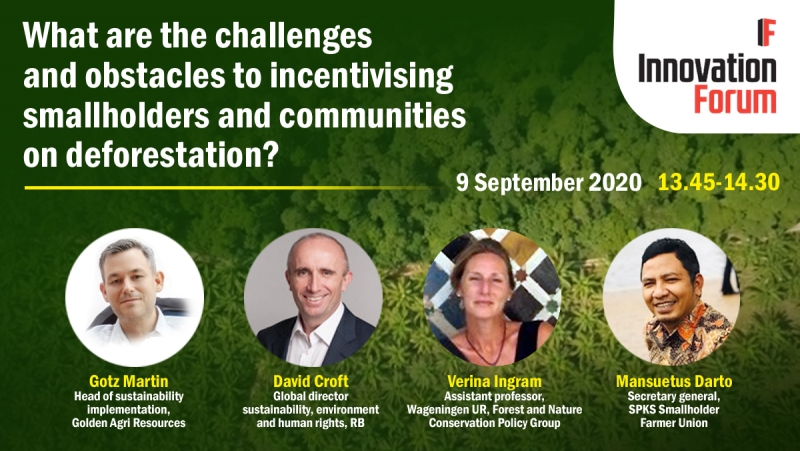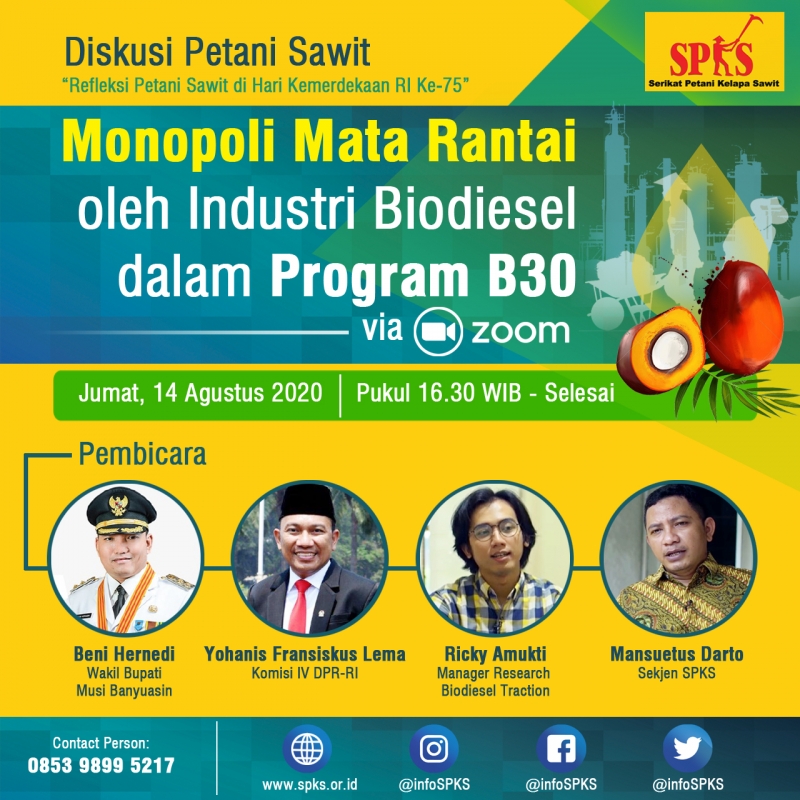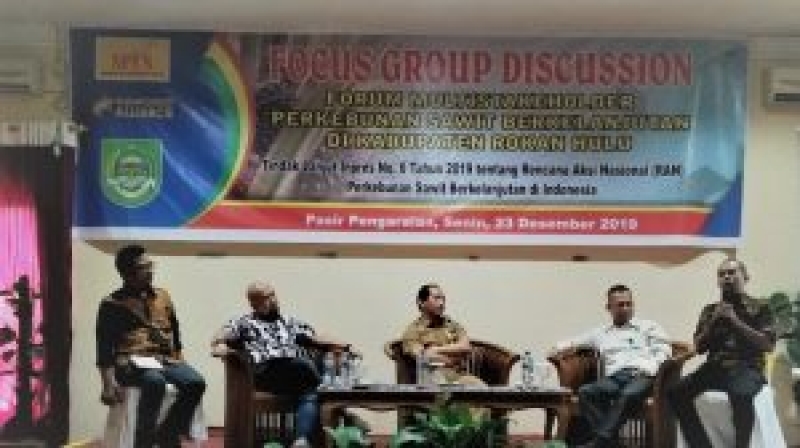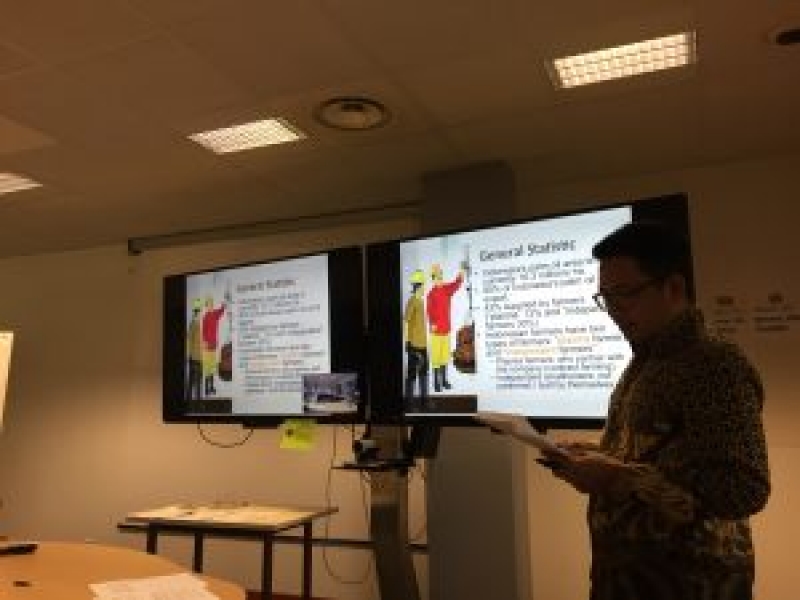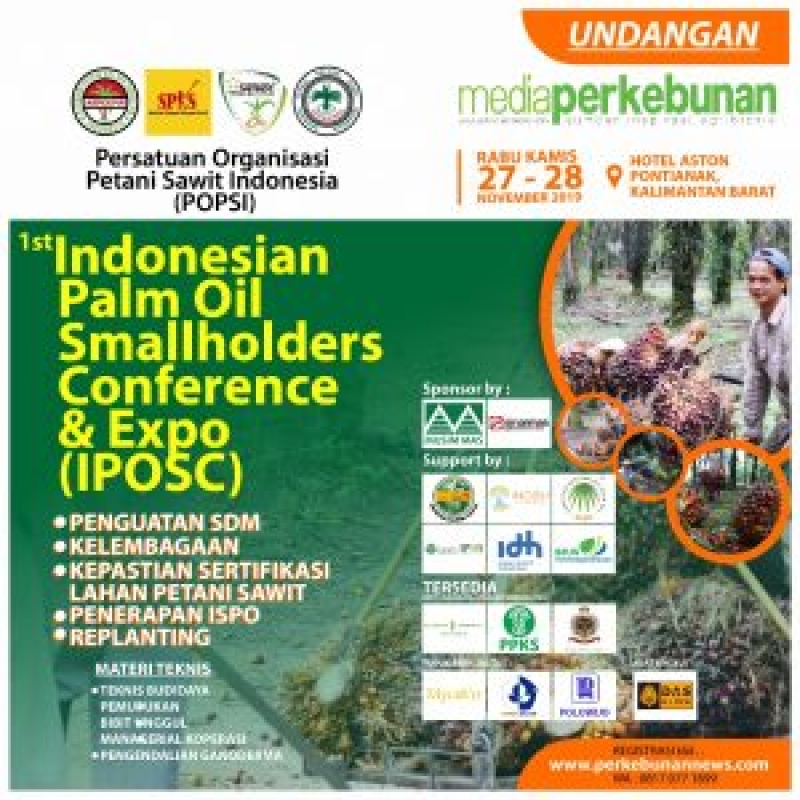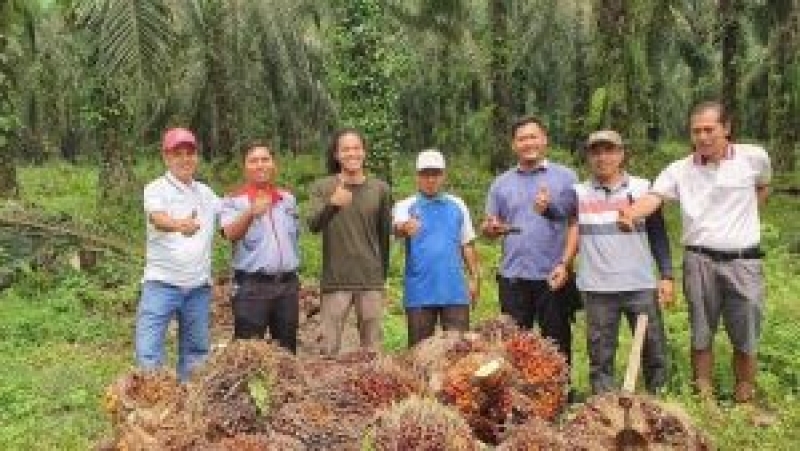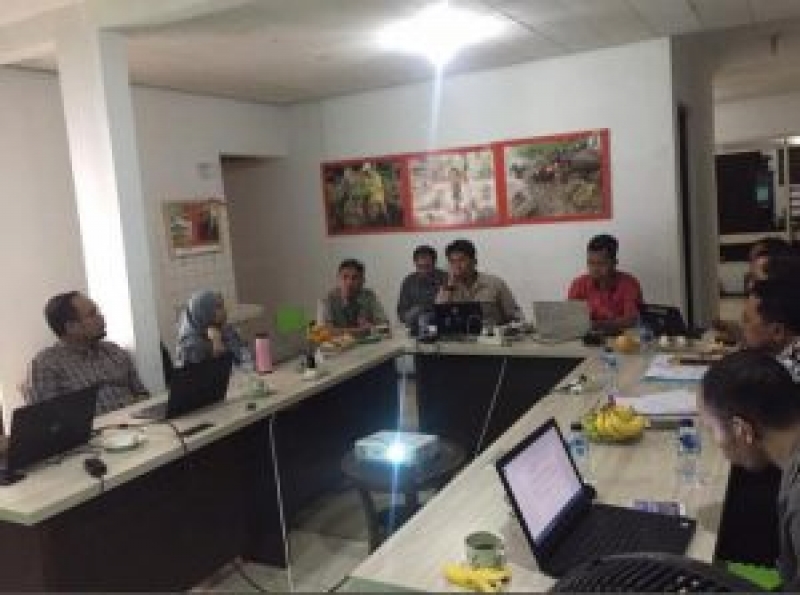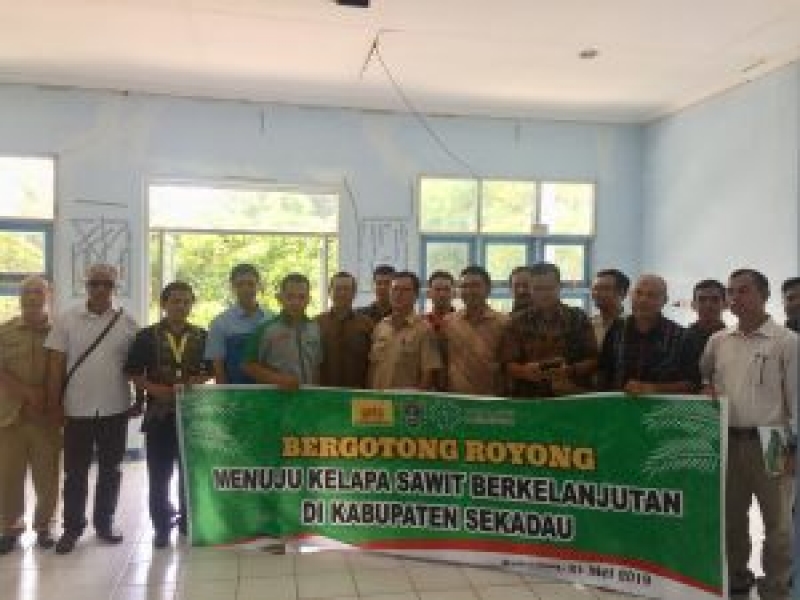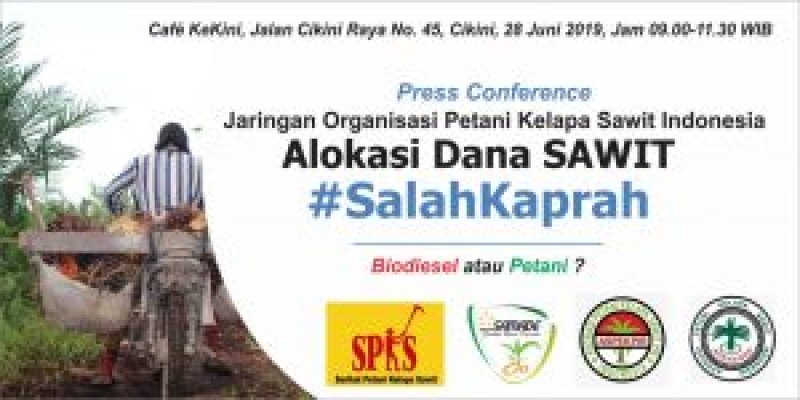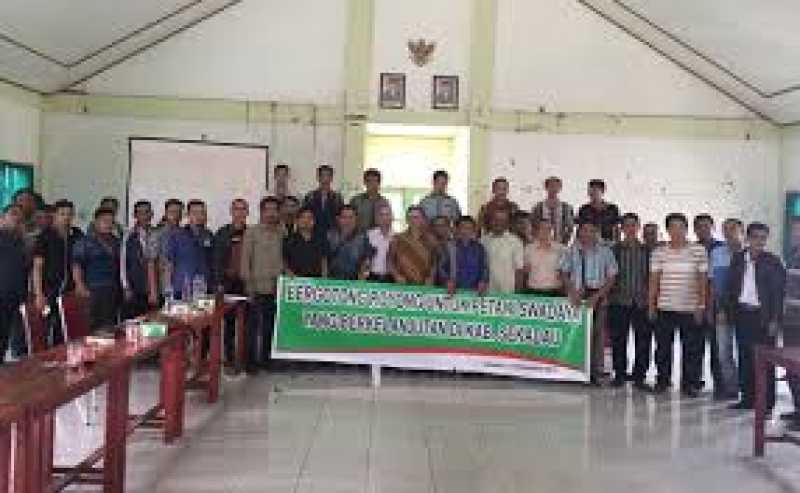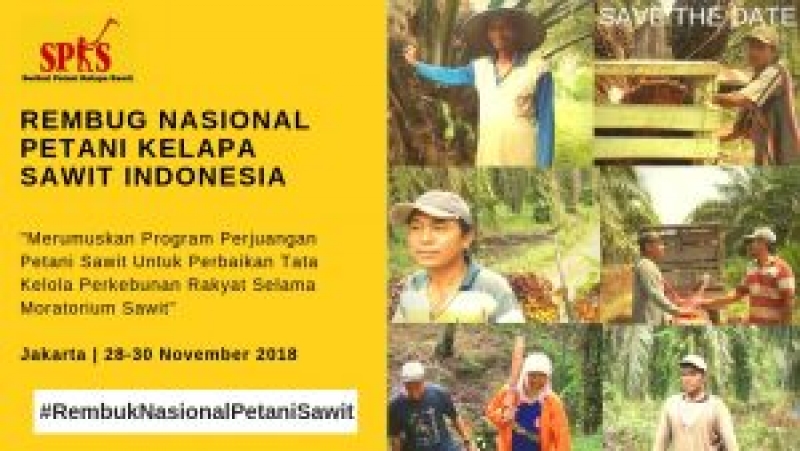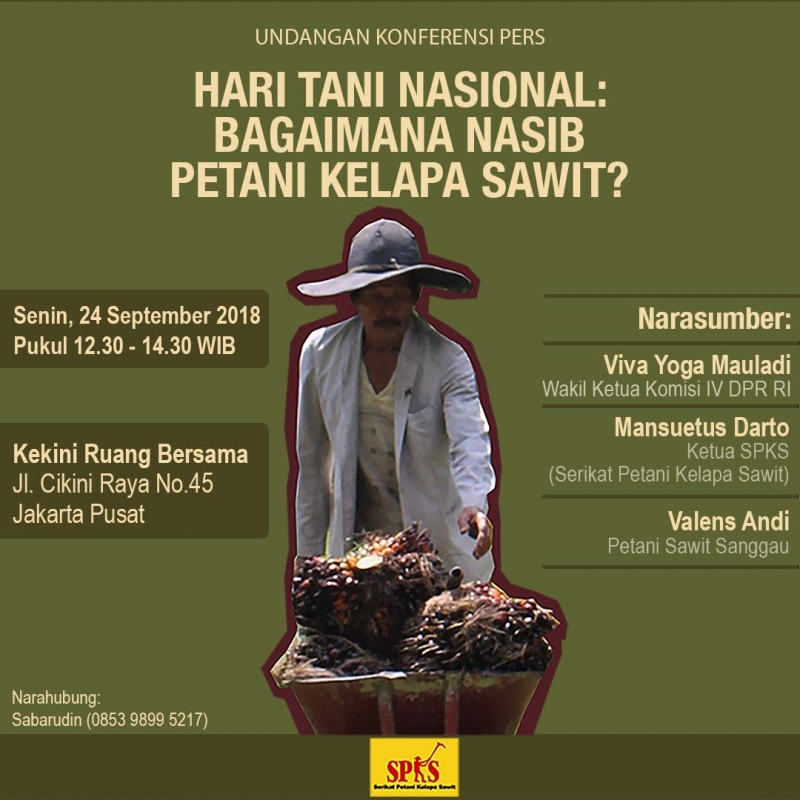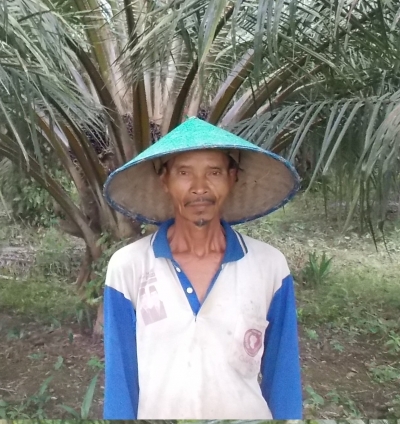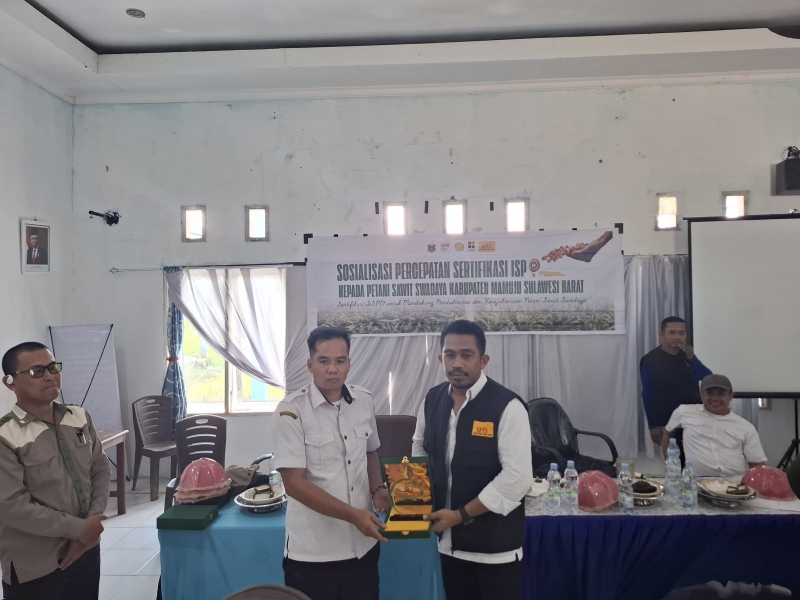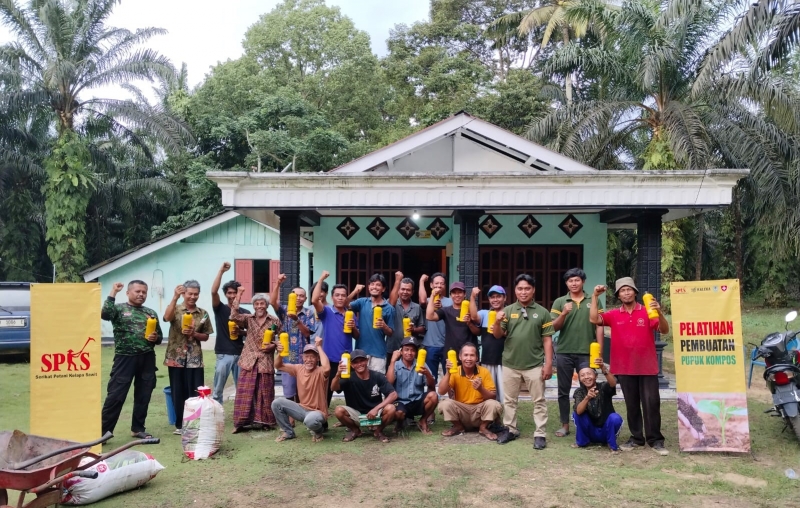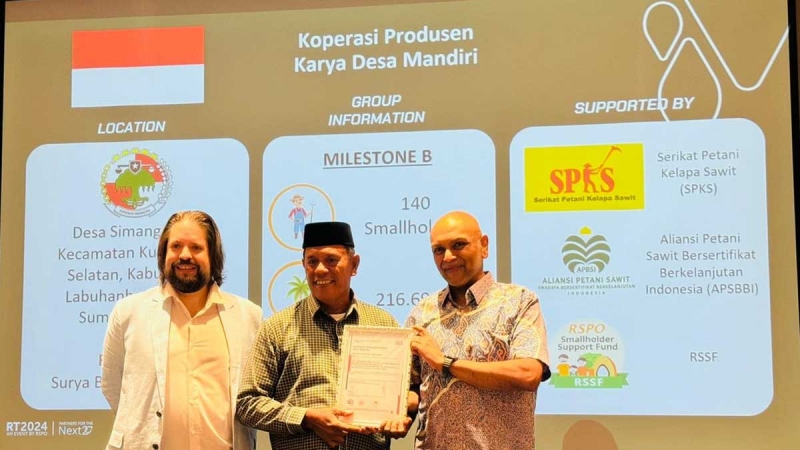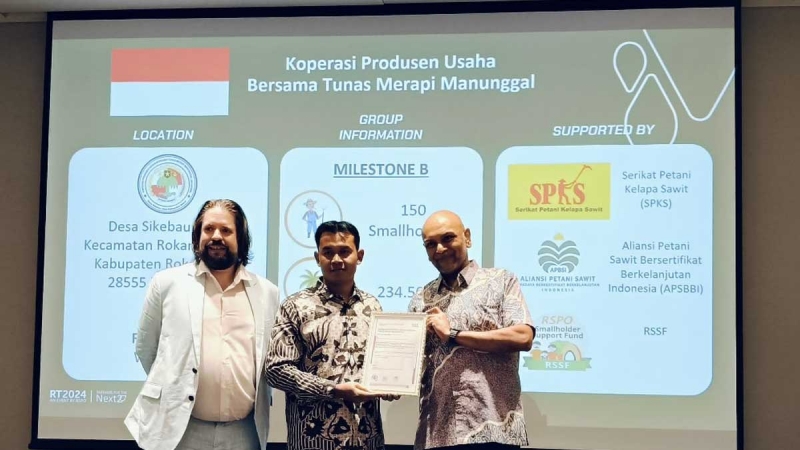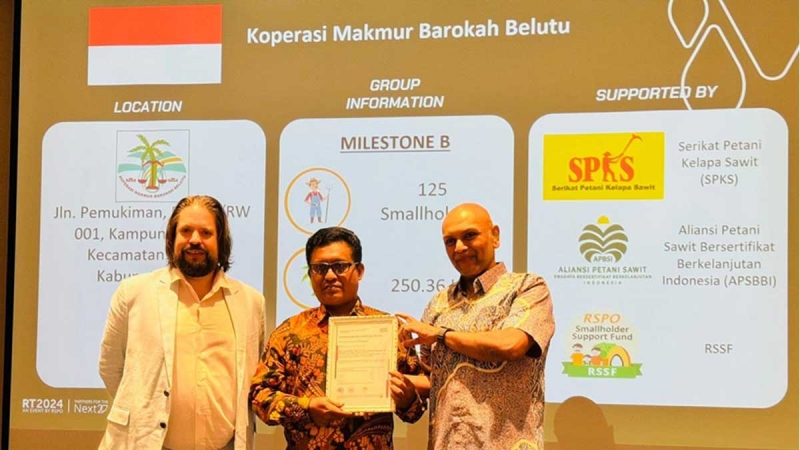JAKARTA – The Indonesian Oil Palm Smallholders Organization (SPKS) is criticizing the European Union’s plans to ban the use of palm oil for its renewable energy because of environmental concerns, saying that it ignored efforts towards a sustainable palm oil in producing countries and may instead turn counterproductive.
In an open letter to the European Commission and the European Parliament, SPKS, said that the ban may not only threaten the livelihood of millions of people in palm oil producing countries but may also prompt farmers to regress and revert to non-sustainable oil palm growing practices.
“We are writing to register our disappointment of your movements, policies, and campaigns against palm oil,“ said the open letter dated March 7, 2018, a copy of which was also sent to The Palm Scribe.
SPKS said that it has been working to build awareness about the need for a sustainable oil palm production, and to improve the management of environmentally-friendly and sustainable smallholder plantations, including by introducing good agricultural practices and technological innovation to support best practices in sustainability.
“We have been working with diverse partners from private sectors and local governments to support an increase in the quality and capacity of smallholders. We seek your support to make the process of change faster, working hand in hand with other players especially buyers and local governments,” said the letter.
“If the EU does not open its market for the palm oil products of smallholders, all these accomplishments will be in vain .. would you, EU members and EC fellows, really want to contribute to a reverting state?” it added.
SPKS said that it understood the underlying environmental and social concerns behind the move by the European Parliament on 17 January 2018, to vote on the revision of the Renewable Energy Directive (RED) , a policythat would among others, phase-out palm oil in its renewable energy by 2021.
In the letter SPKS said that the livelihood of Indonesian oil palm smallholders and the future of their children laid in the unrestricted access of the global marketsn including the European market. Indonesian official data showed that smallholders accounted for more than half of the country;s palm oil plantation of around 11.9 million hectares.
“Should the key source of our livelihood be banned, would your strategy be emphatically correc,t in that you care for our livelihoo and our children’s? ….How do you think we will pursue our lives if your policy is adopted in the EU countries?,’ it asked in the letter written in English.
SPKS added that it hoped to better understand how its European counterparts were working to support sustainable palm oil at the farmers level?
On concerns about forest and biodiversity protection, SPKS said that the organization and its members shared the same concerns.
“We hope you understand that we too are under similar pressure to look after our environment, our forests and biodiversity for the future populations in our countries,” it said.
It invited EU legislators and commission members to come and see for themselves how smallholder scan conserve the environment.
“We too recognize our needs to save our forests,” SPKS said, adding that its members were working hard to deliver positive changes where needed.
SPKS said it was collaborating with other stakeholders at both domestic and international level to assure traceability and sustainability in the operations of smallholders.
“We are eager to play a part so that the perception on palm oil in Europe is not only negative, and to show evidence that there arenorganisations working to support and celebrate sustainable palm oil,” it said.
The organization expressed hopes that the European Parliament and the European Commission would change their position and approach and open their market to Indonesian pam oil, especiall those produced by smallholders.
“We are inviting you to lighten the livelihood of palm oil smallholders, to help us protect our forest and biodiversity, and to support the smallholders’ sustainability commitment, by working together with us for a better condition,” the letter said.
It cited stronger cooperation, sharing of knowledge, increasedd assistance to empower smallholders and open up their market to palm oil products of smallholders.
SPKS has a membership of some 48,000 oil palm smallholders in five main palm oil producing provinces in the country.
SPKS OPEN LETTER TO EP & EC http://www.spks.or.id/wp-content/uploads/2018/03/SPKS-OPEN-LETTER-TO-EP-EC.pdf

 English
English Indonesia
Indonesia